Please find below the slide ware I use when starting my Marketing Master Class.
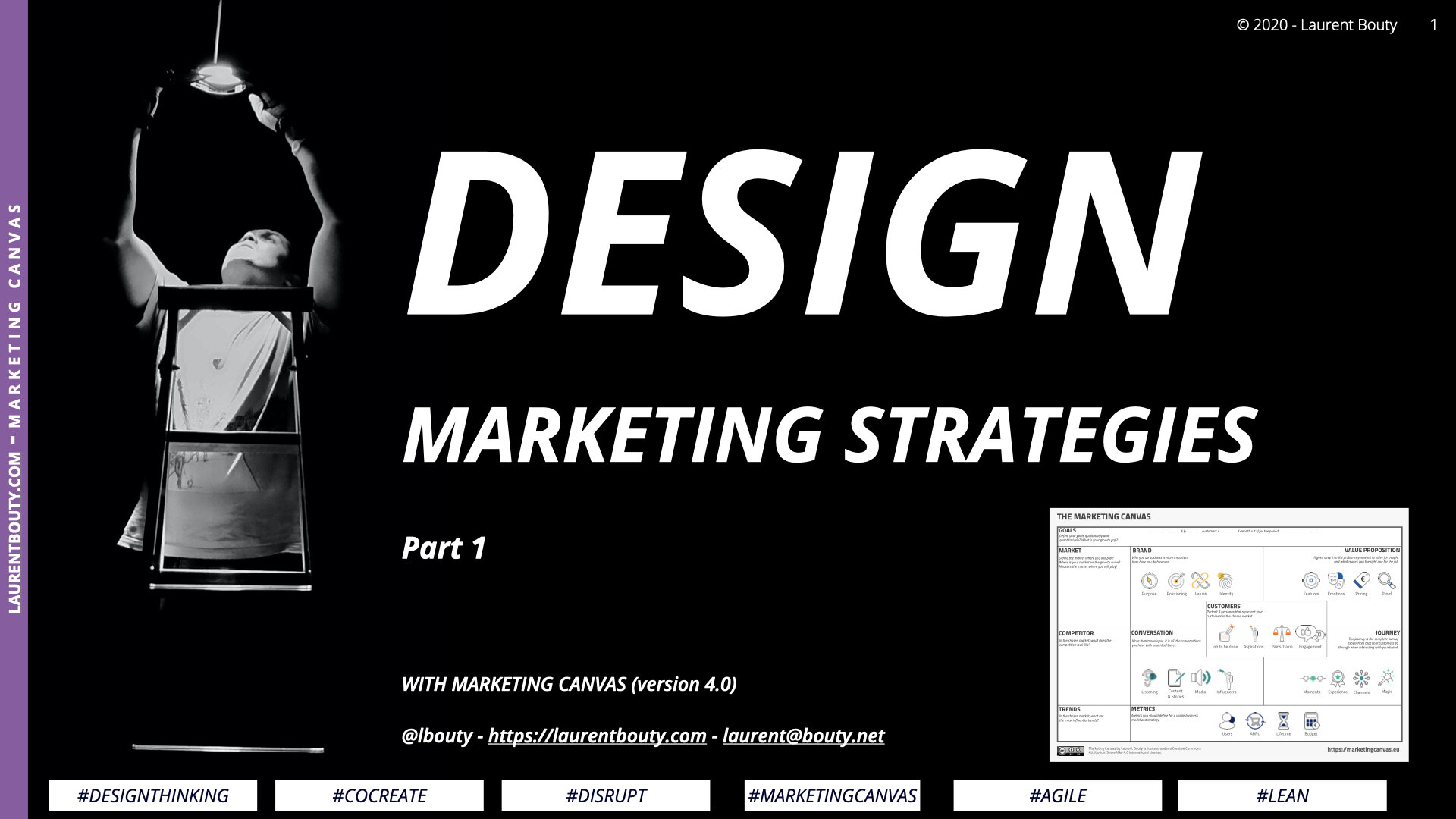
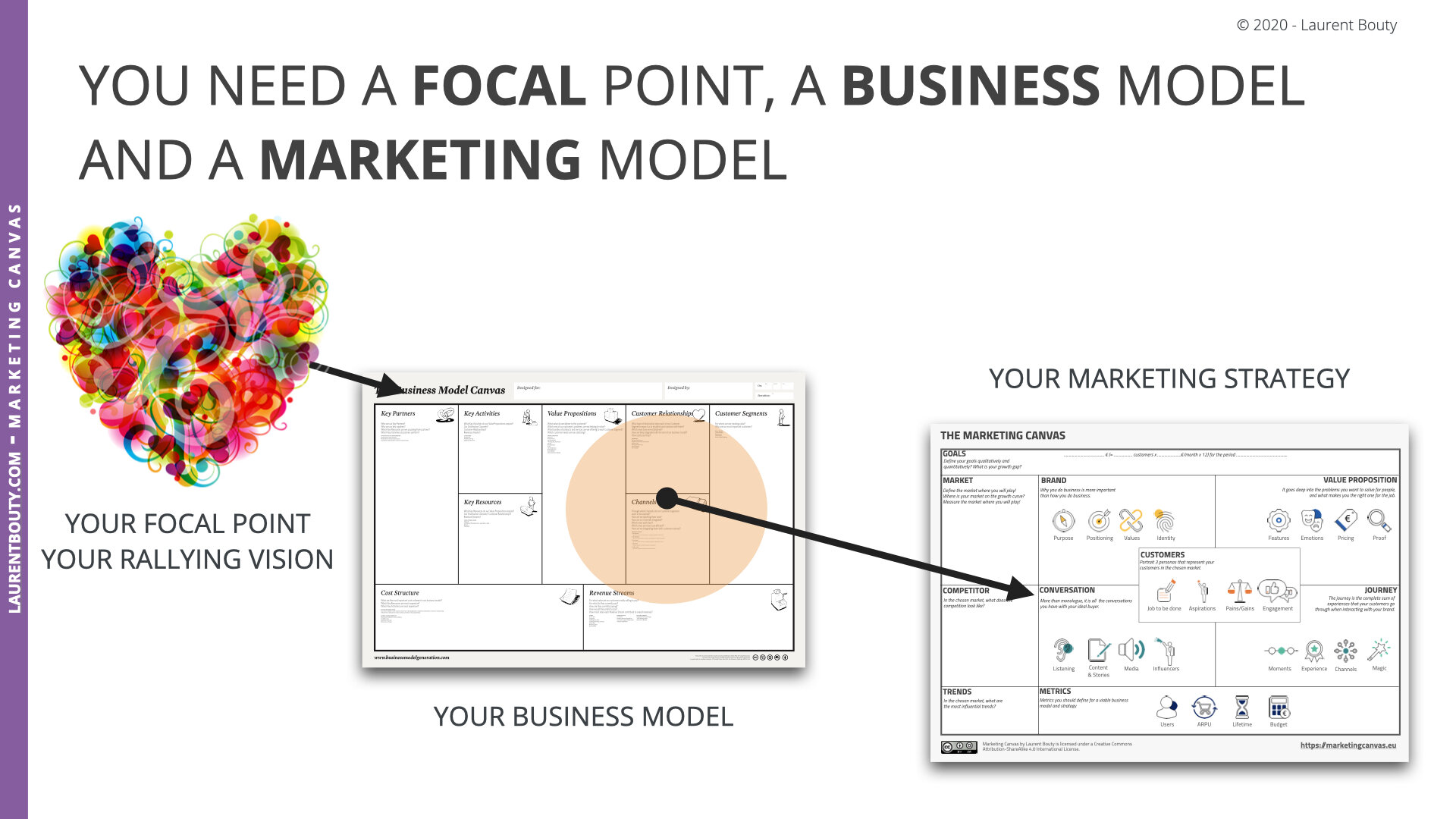
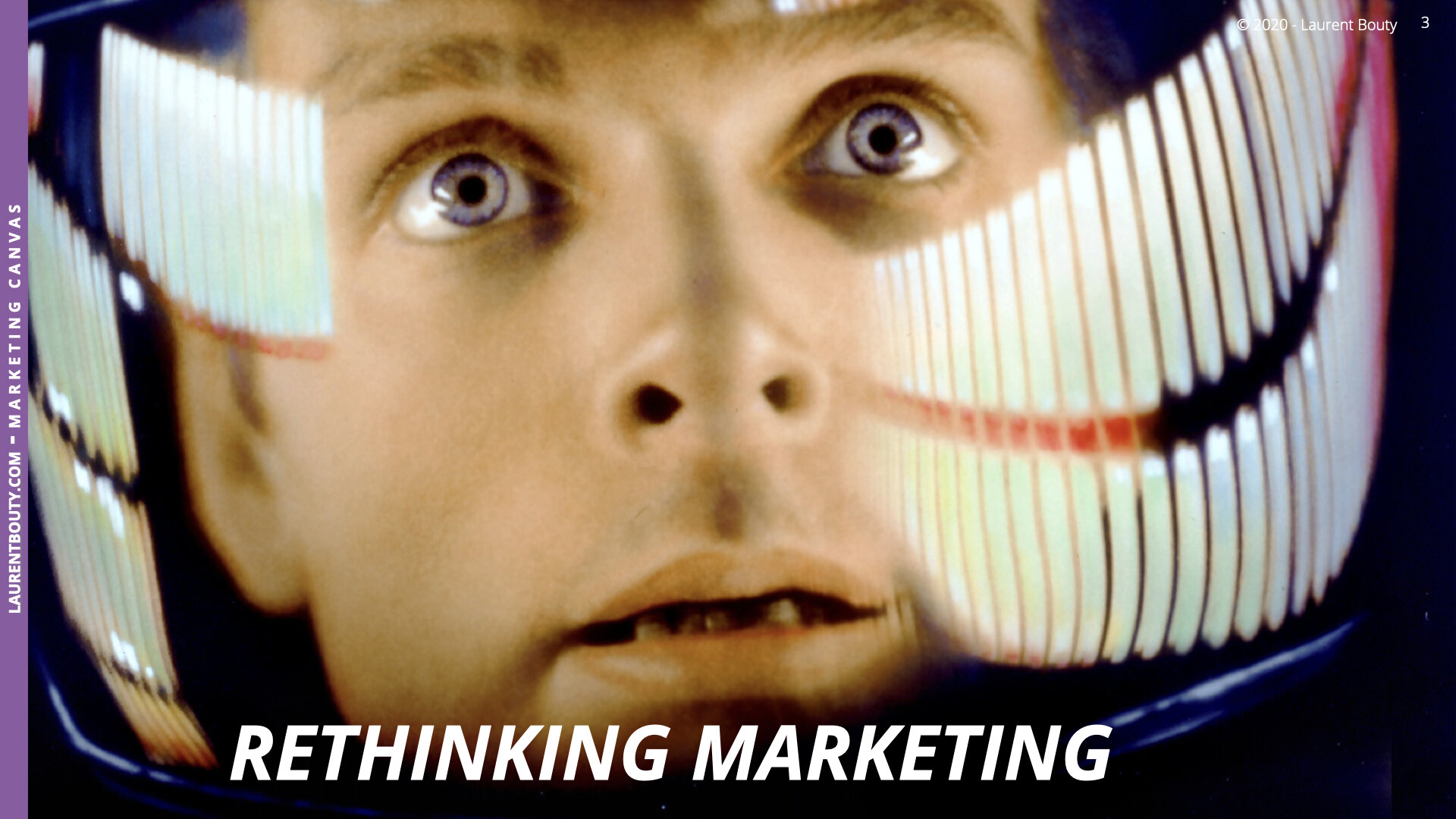

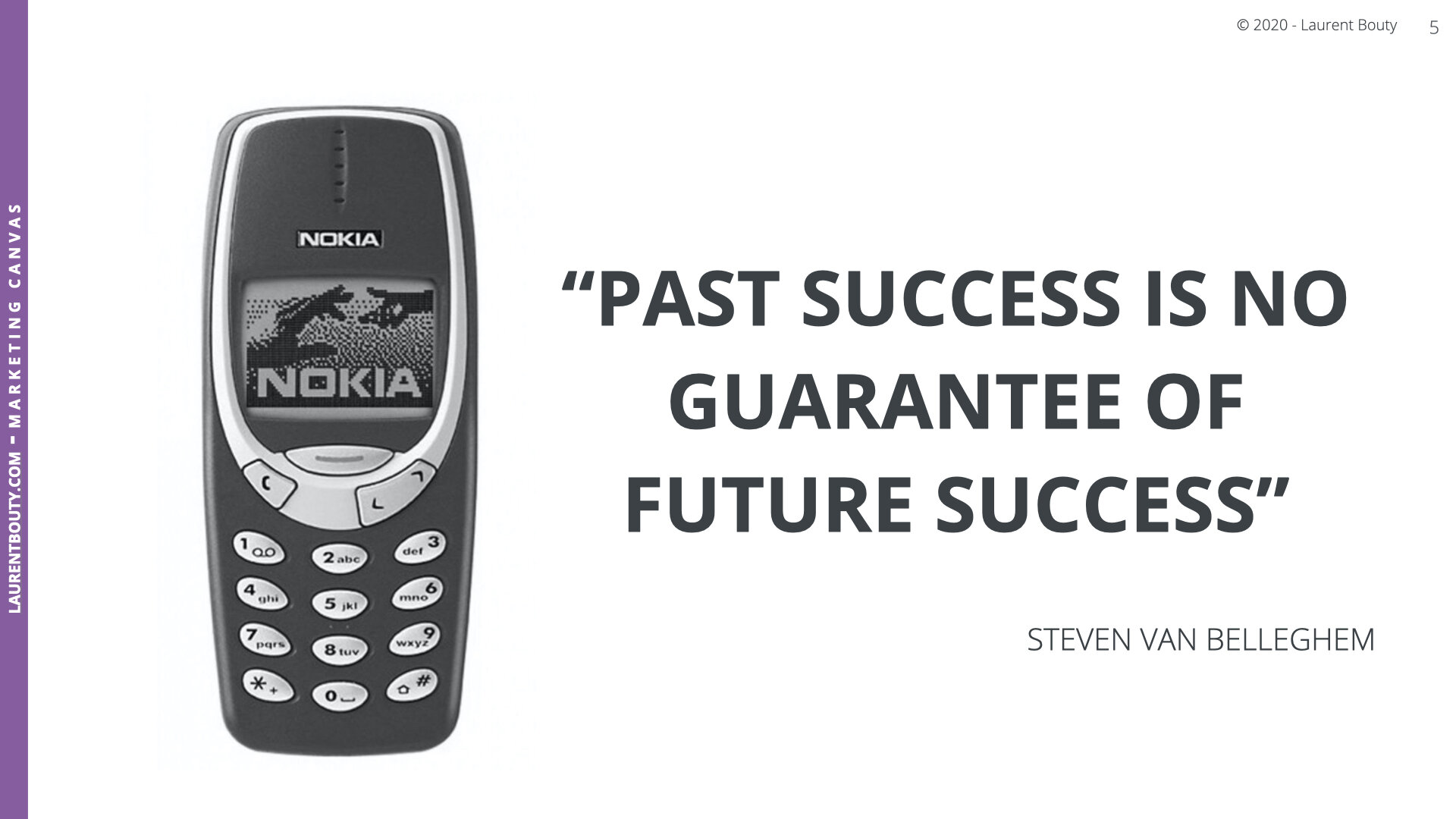
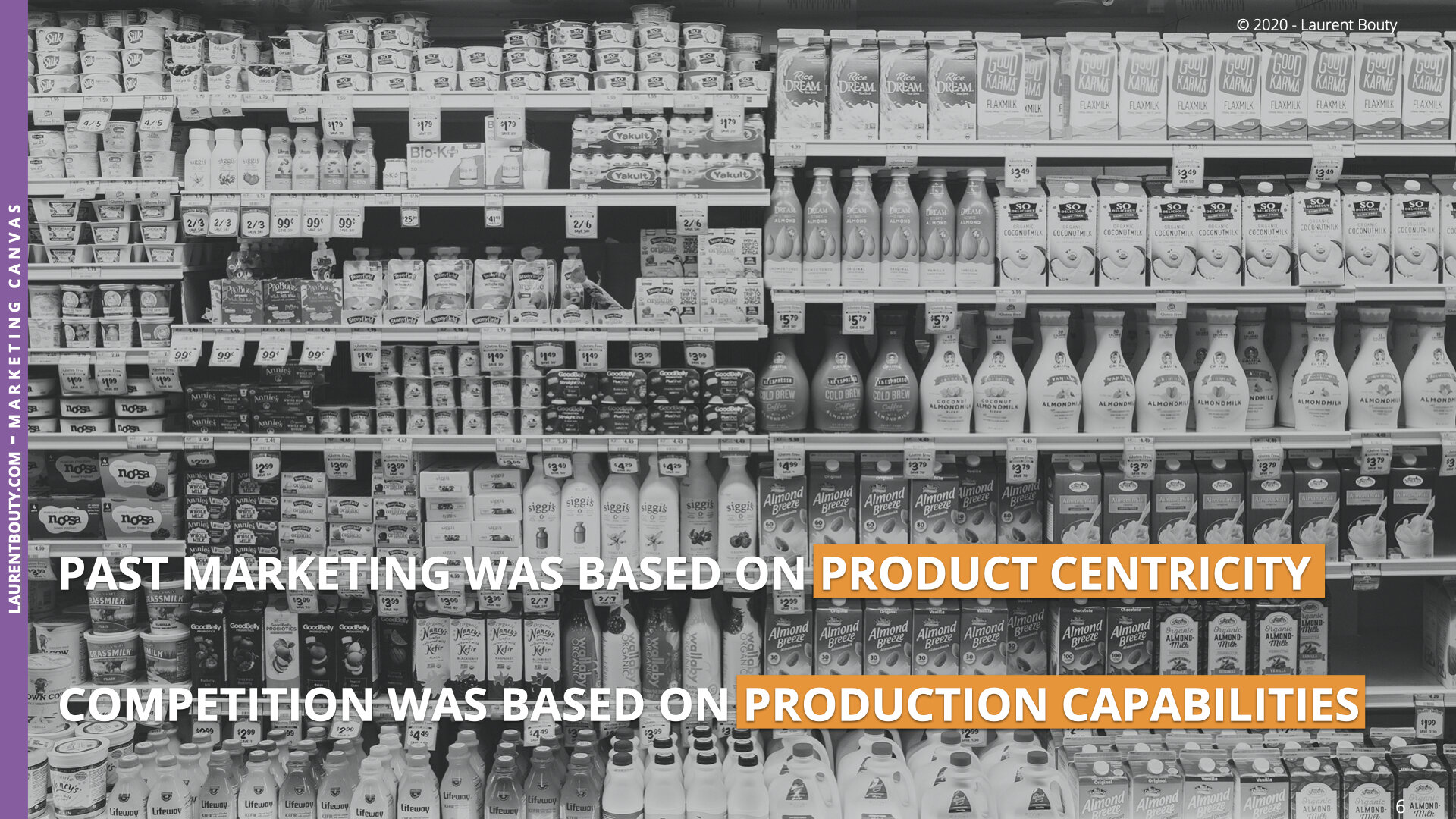



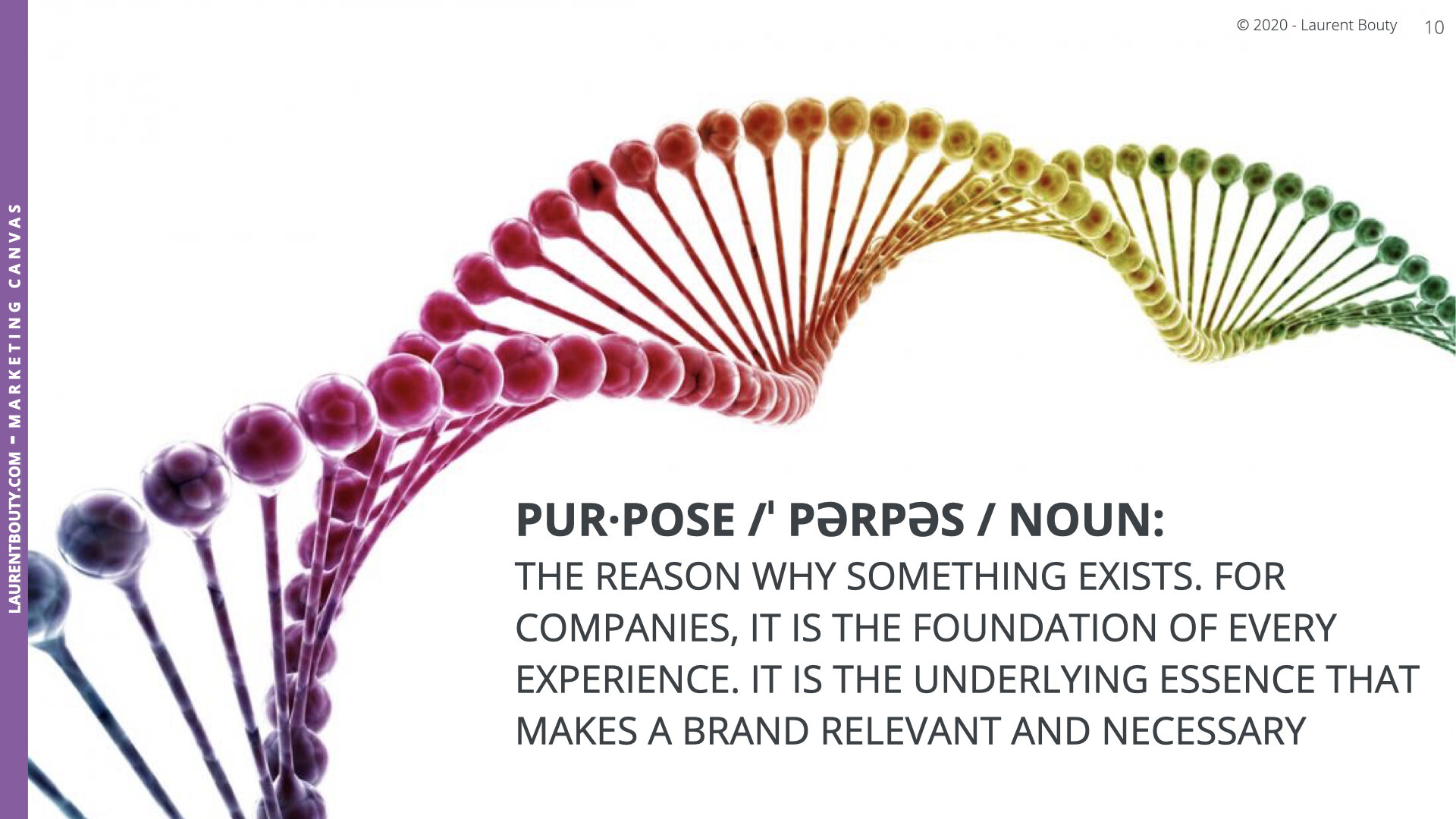

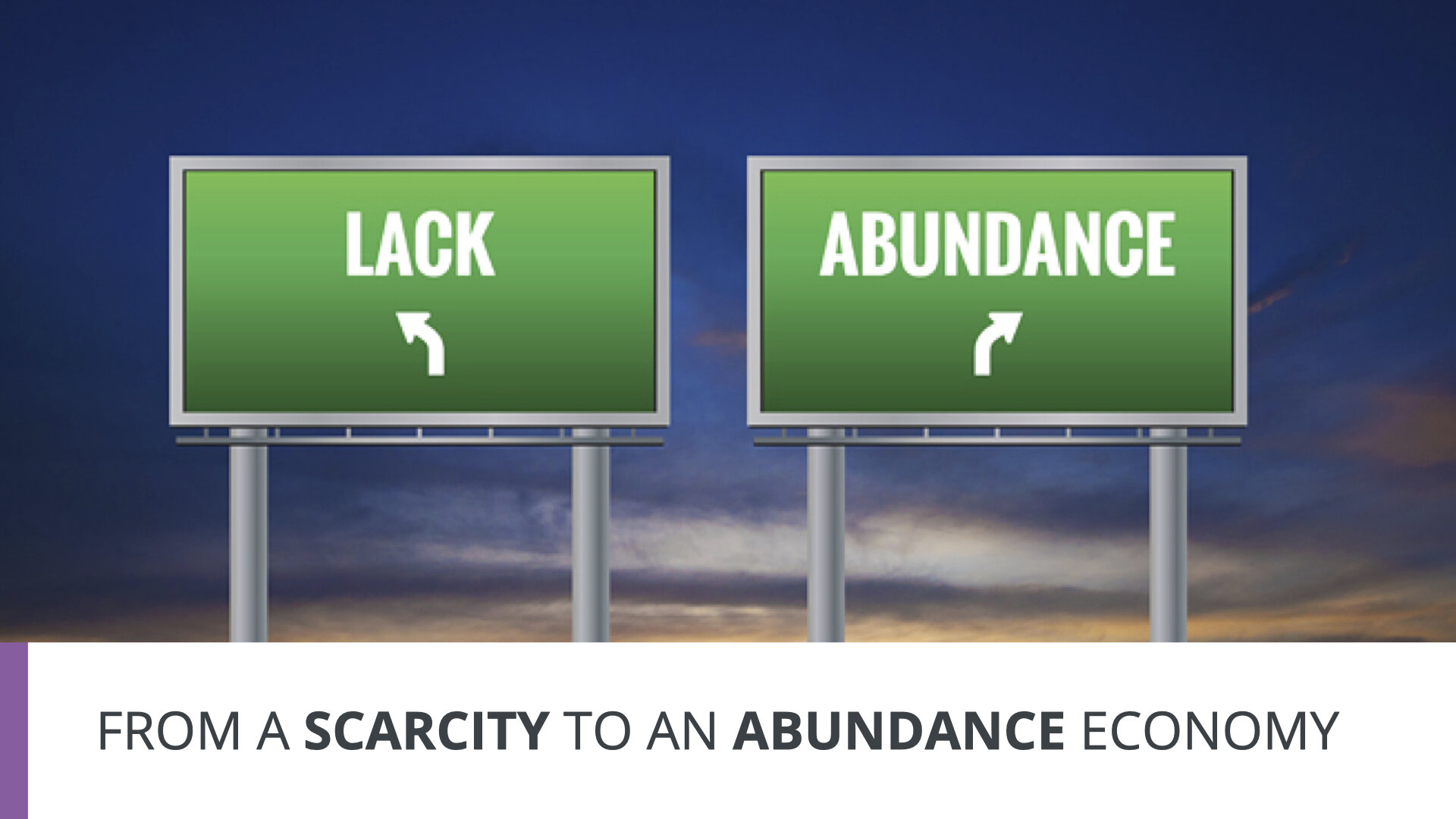
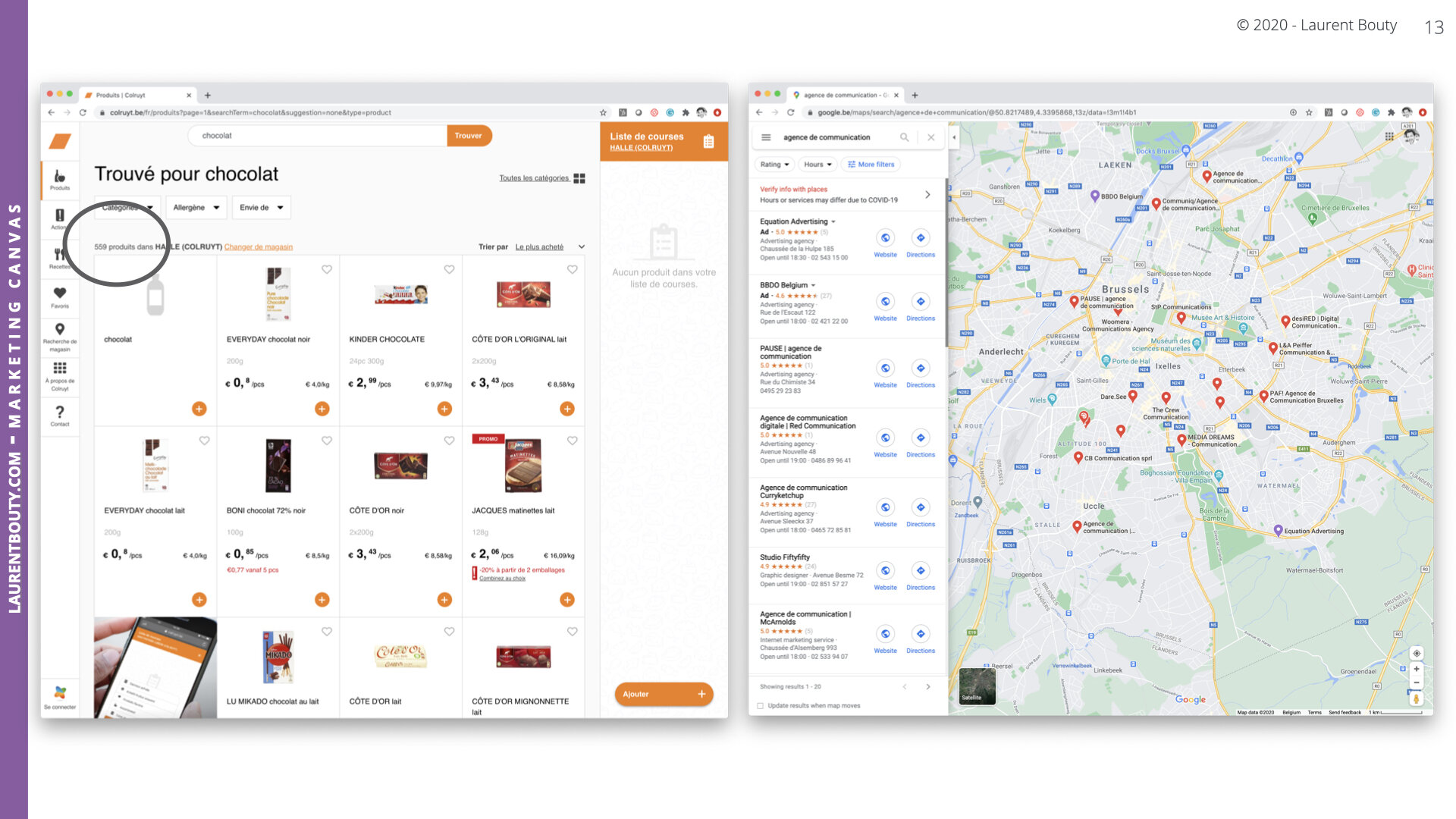

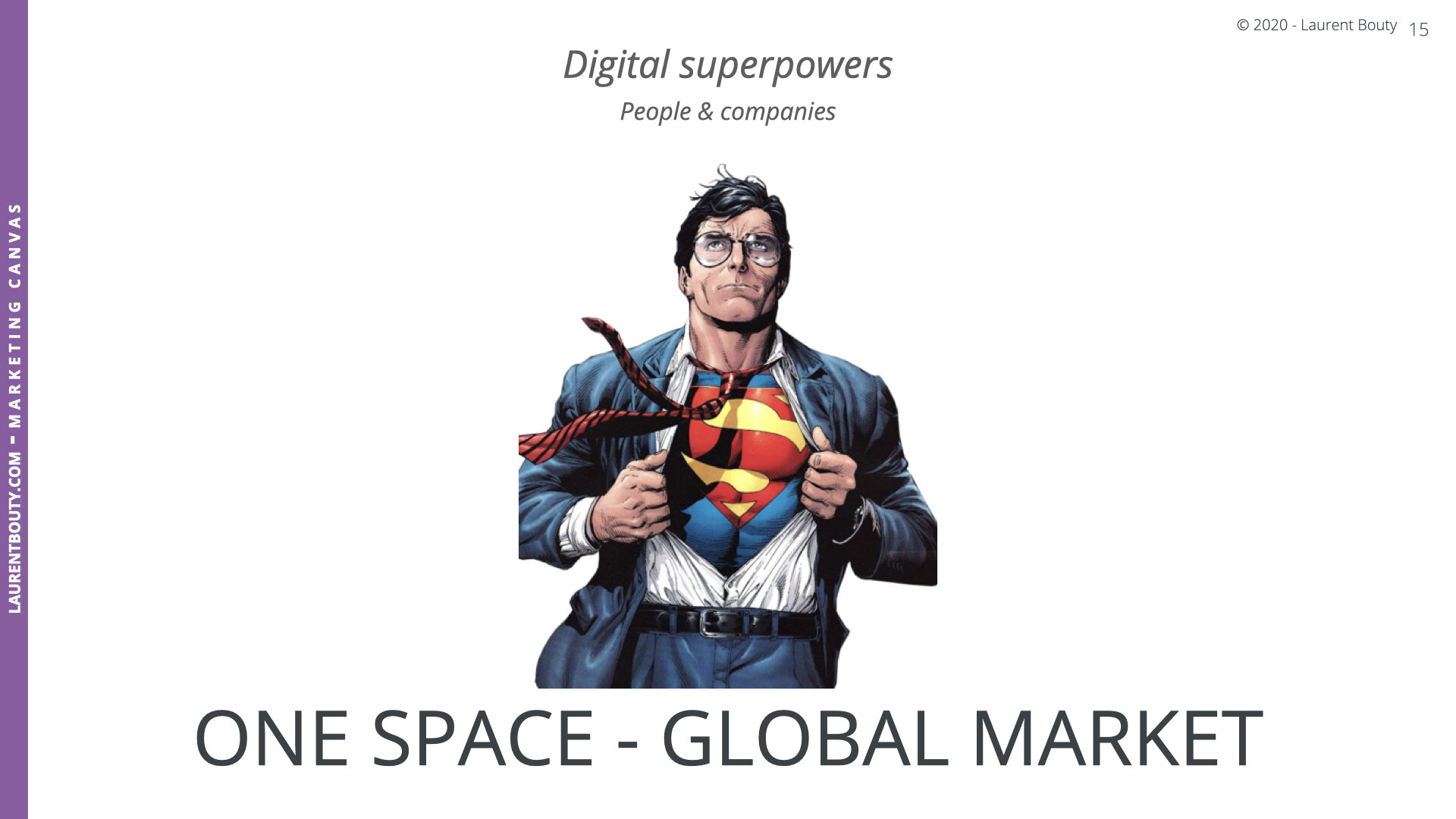

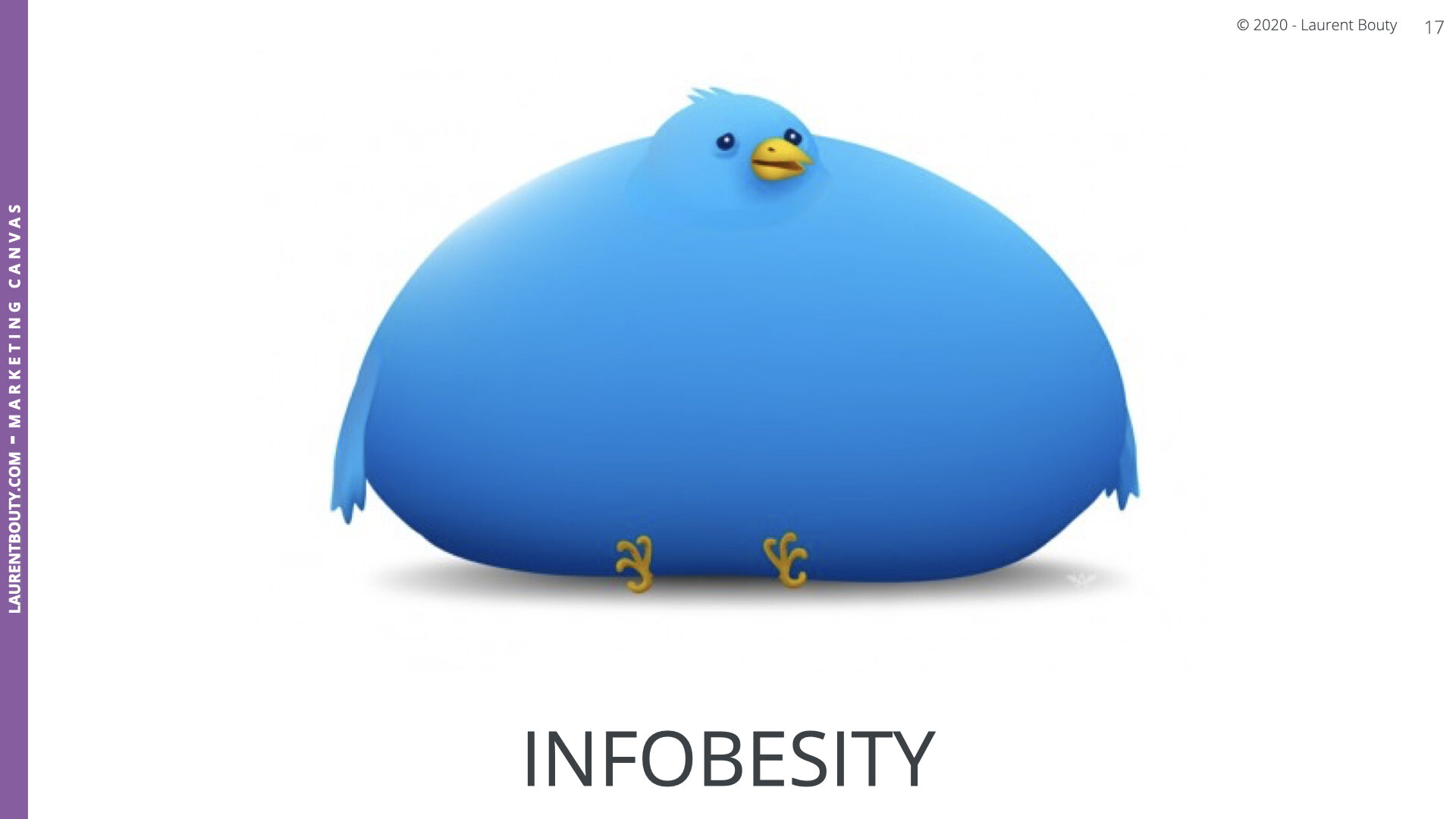
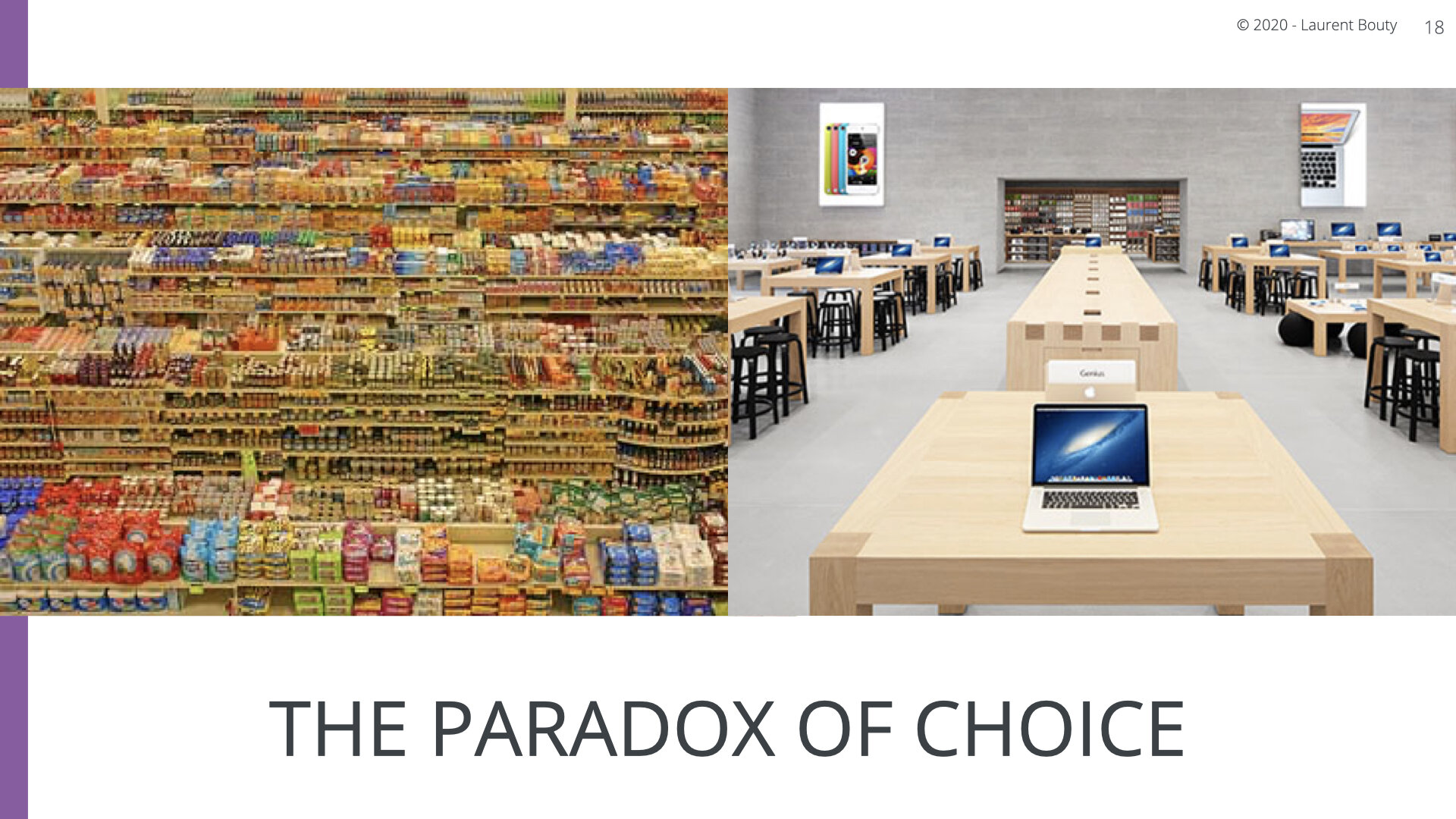
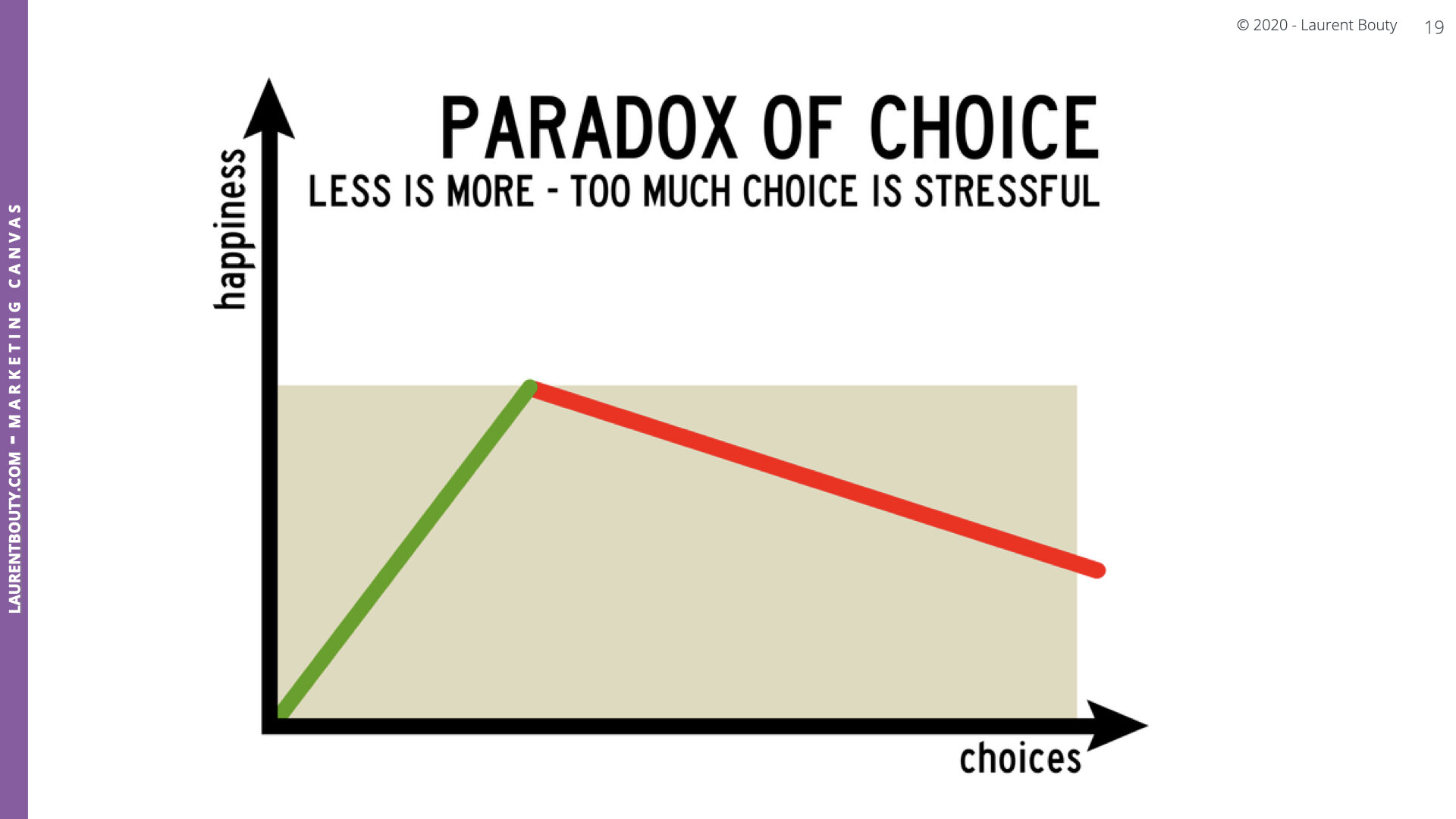

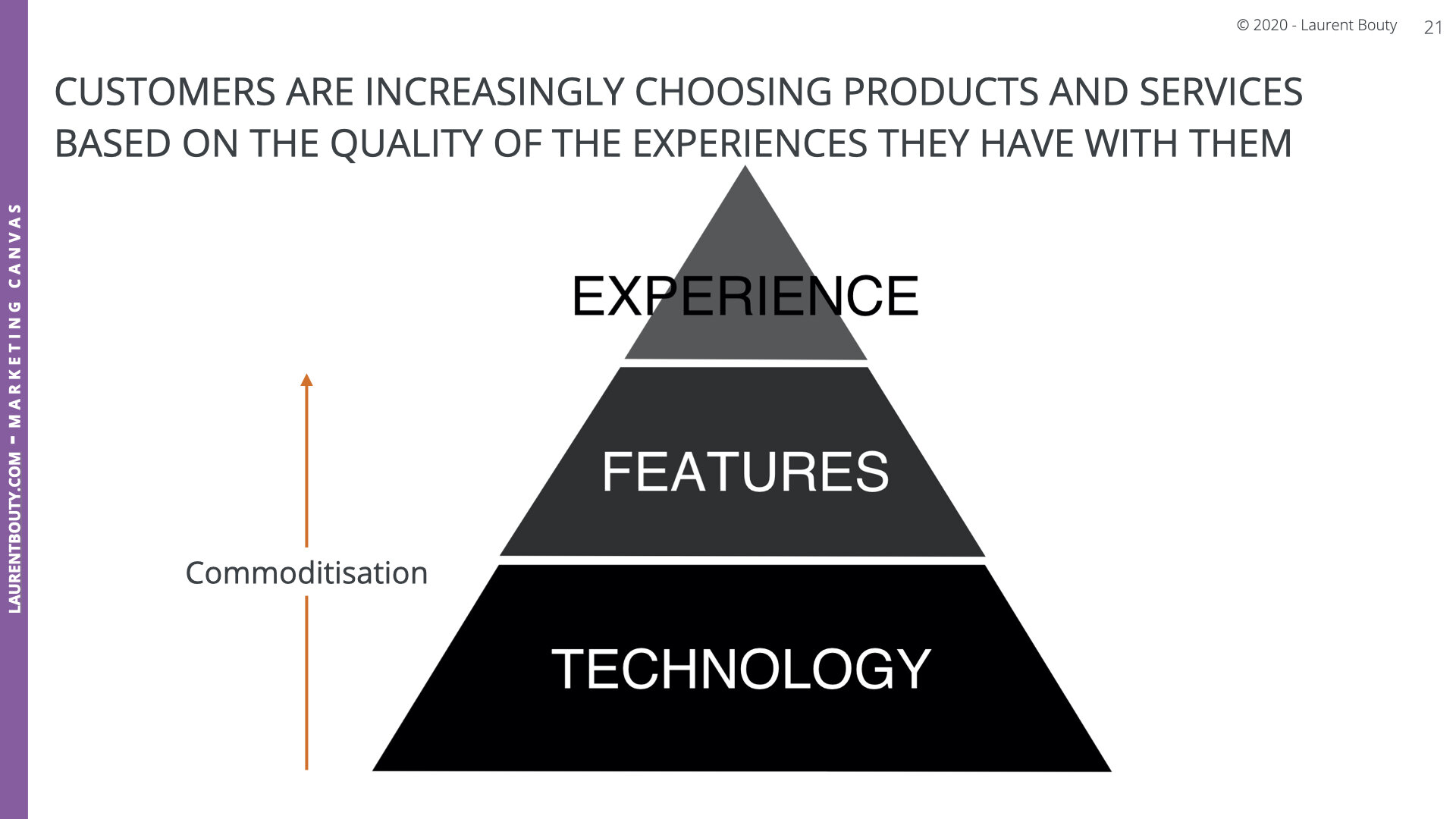
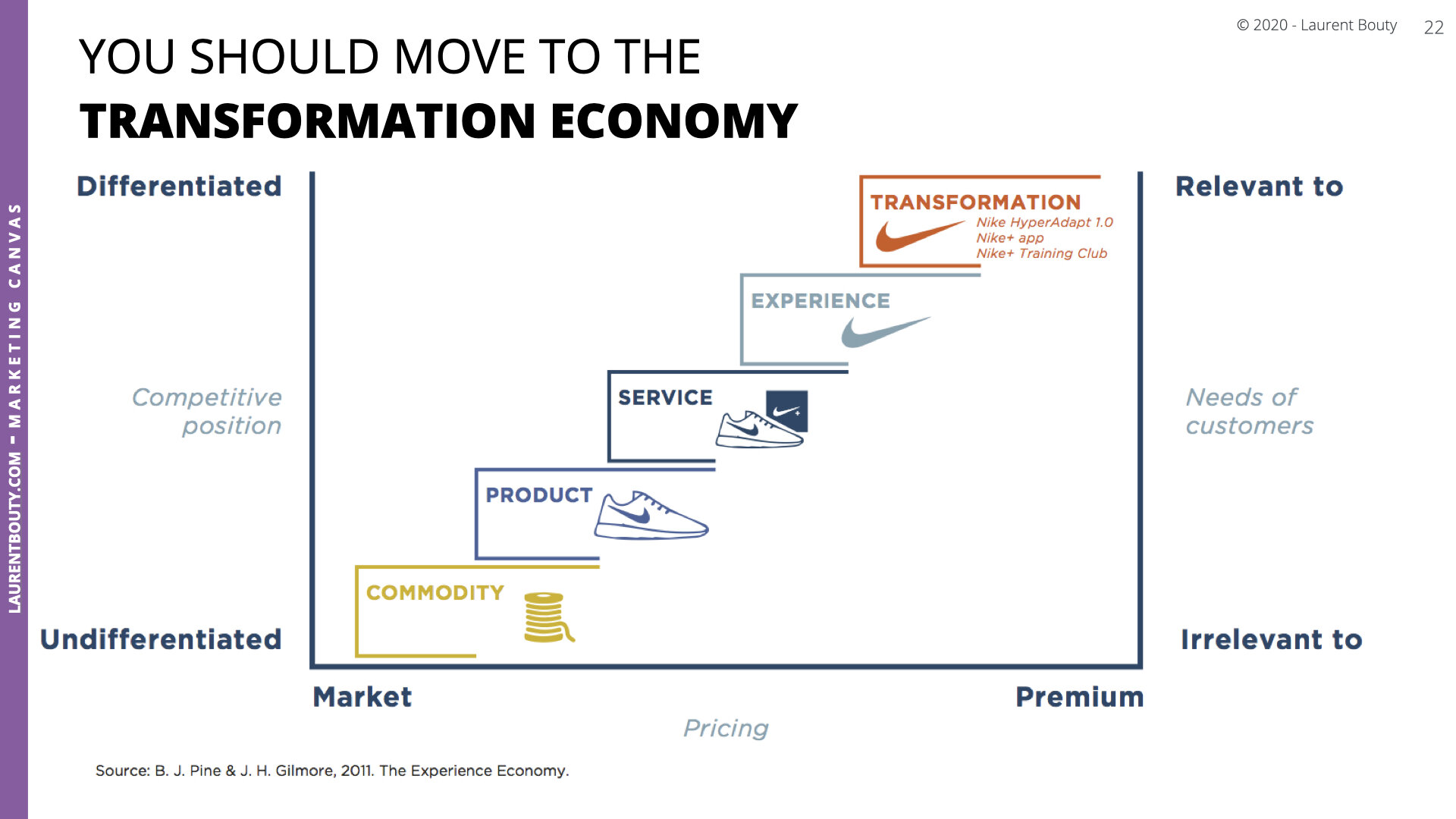
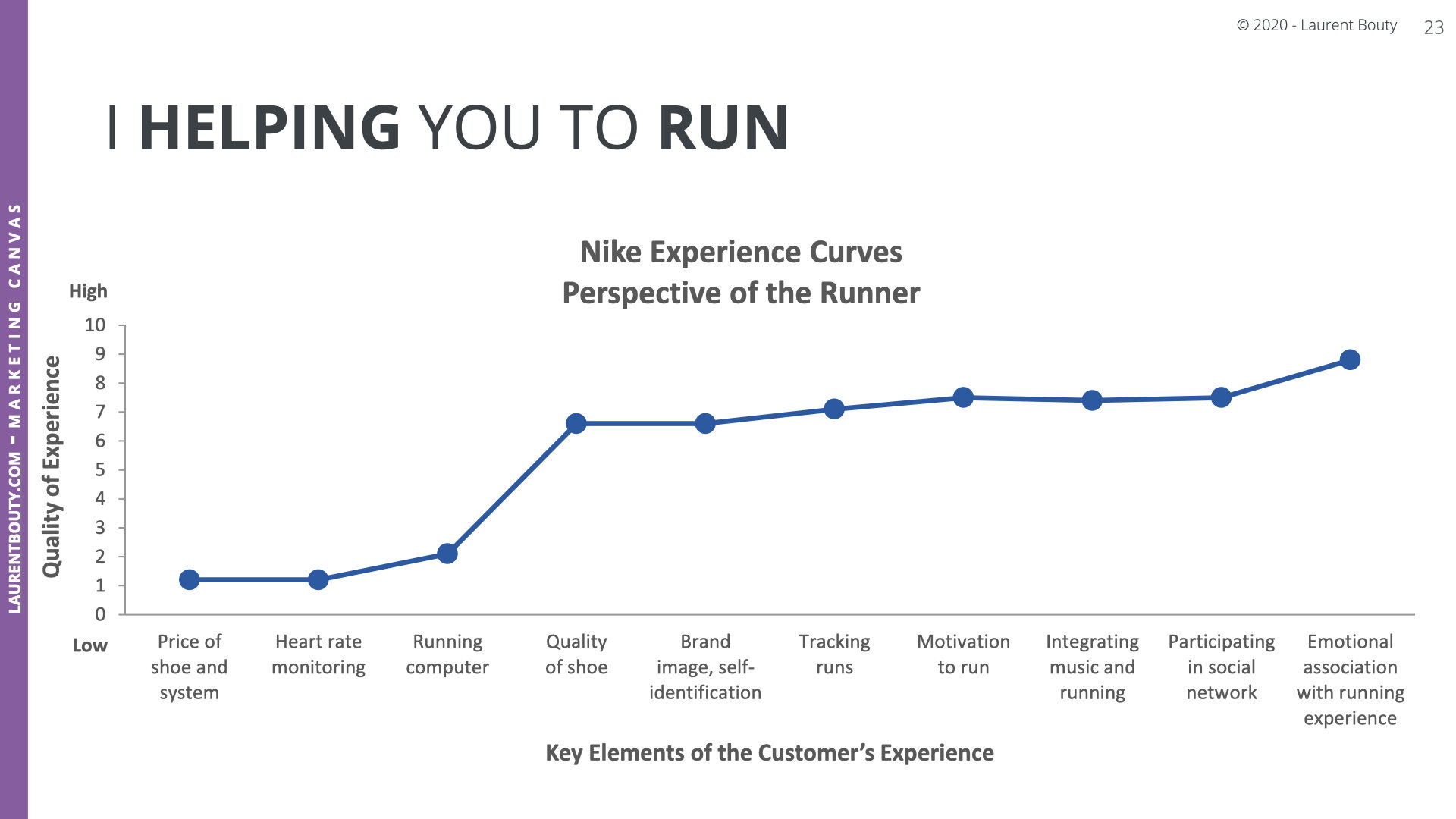
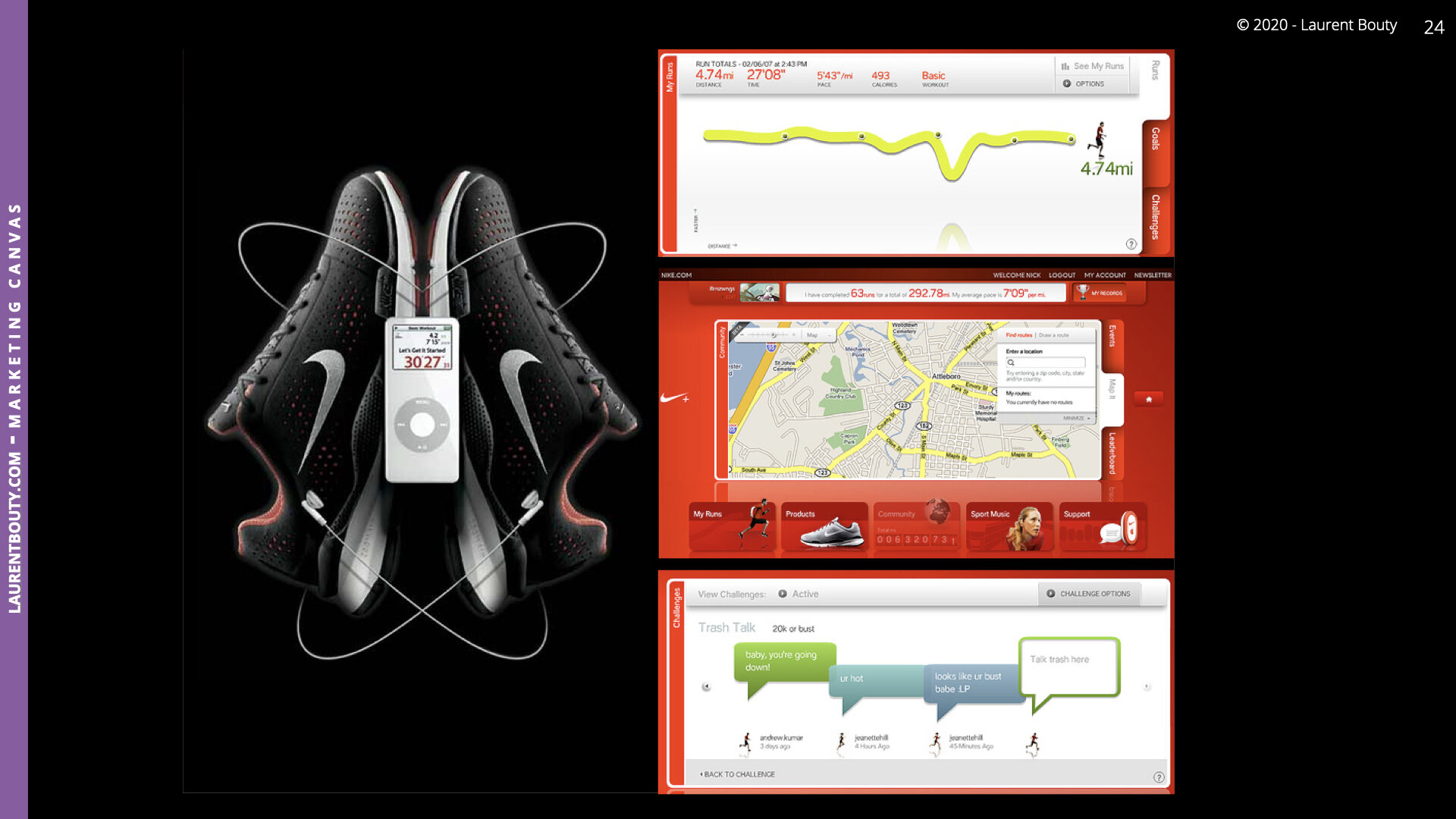
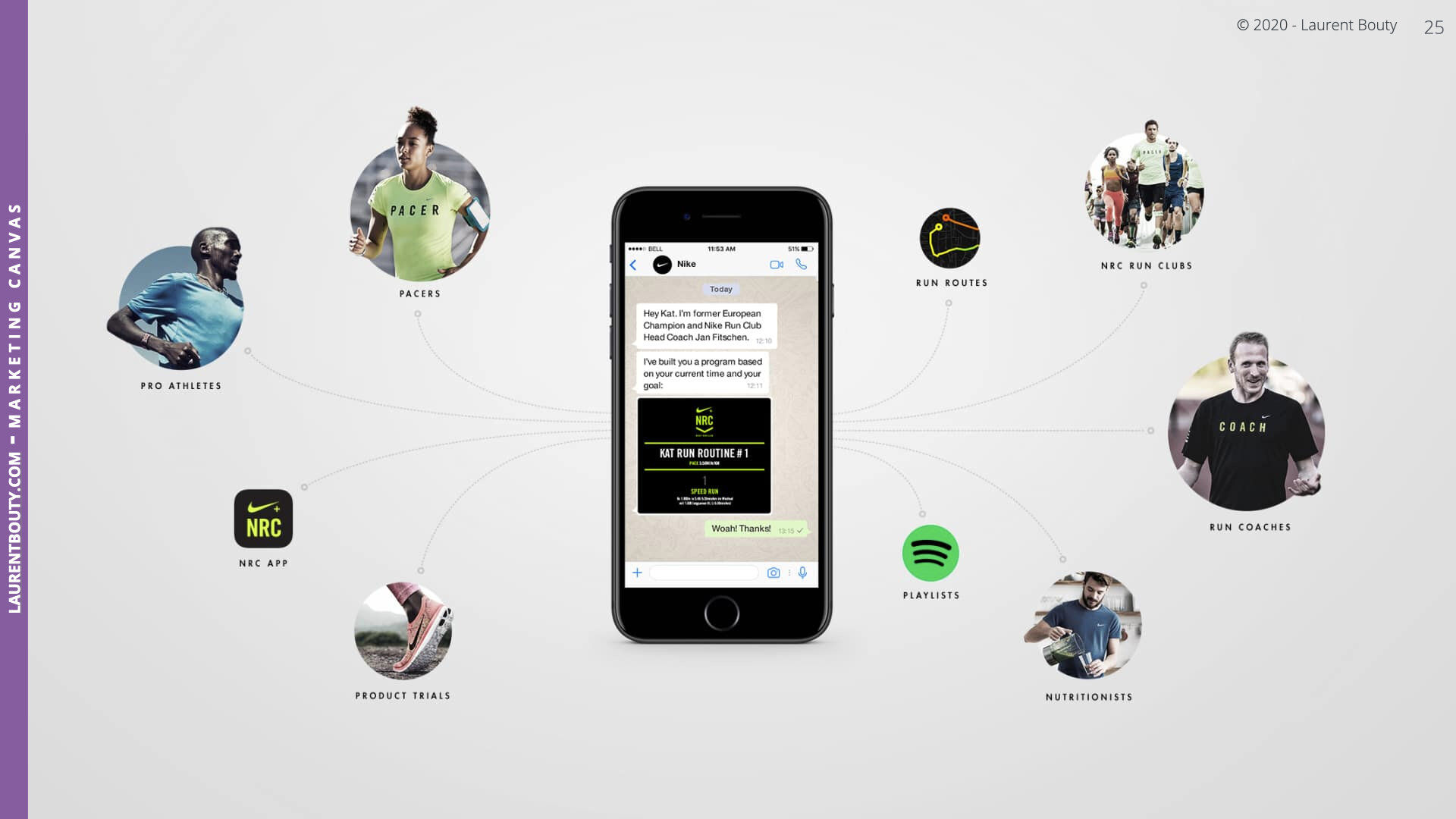






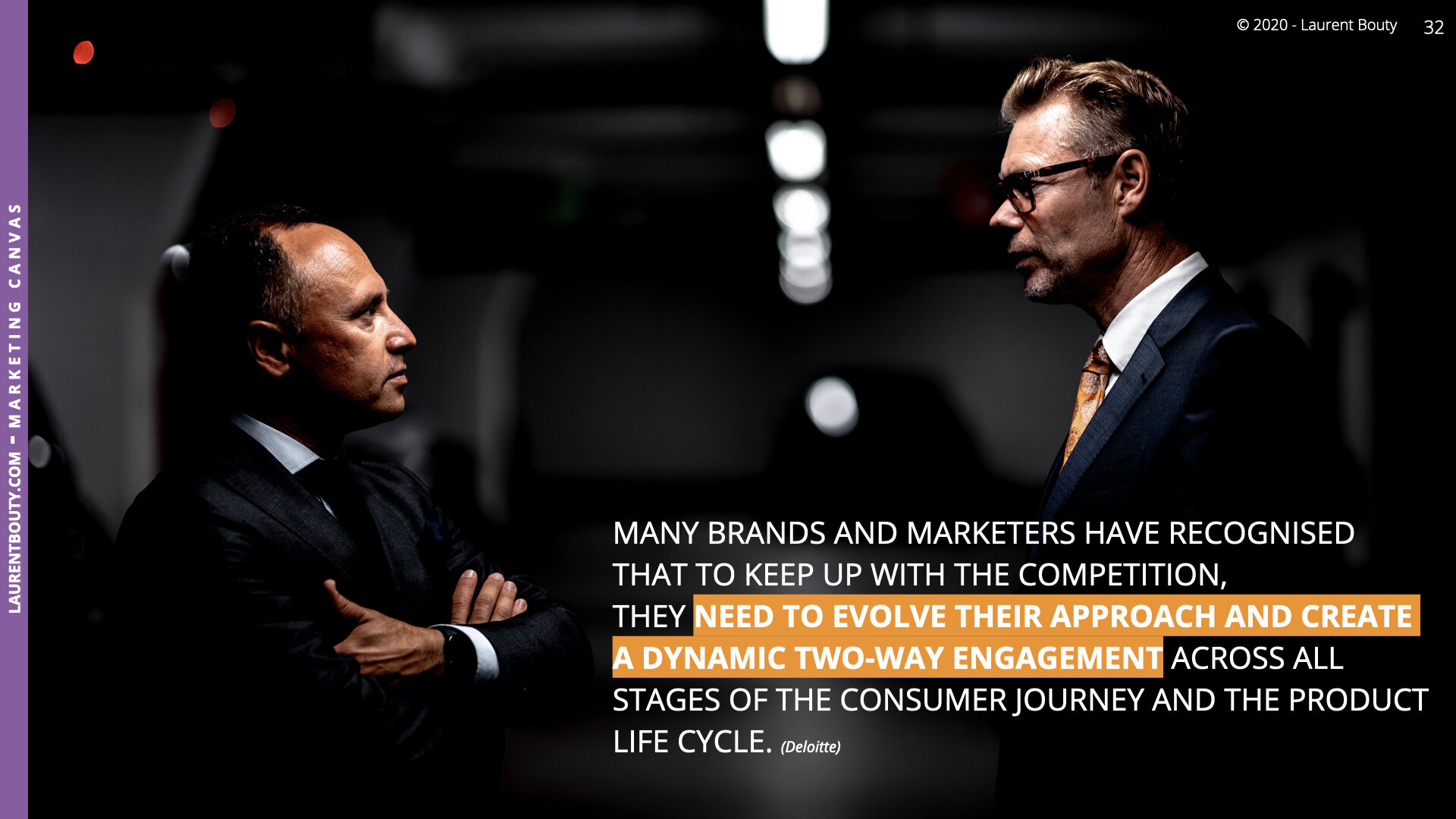
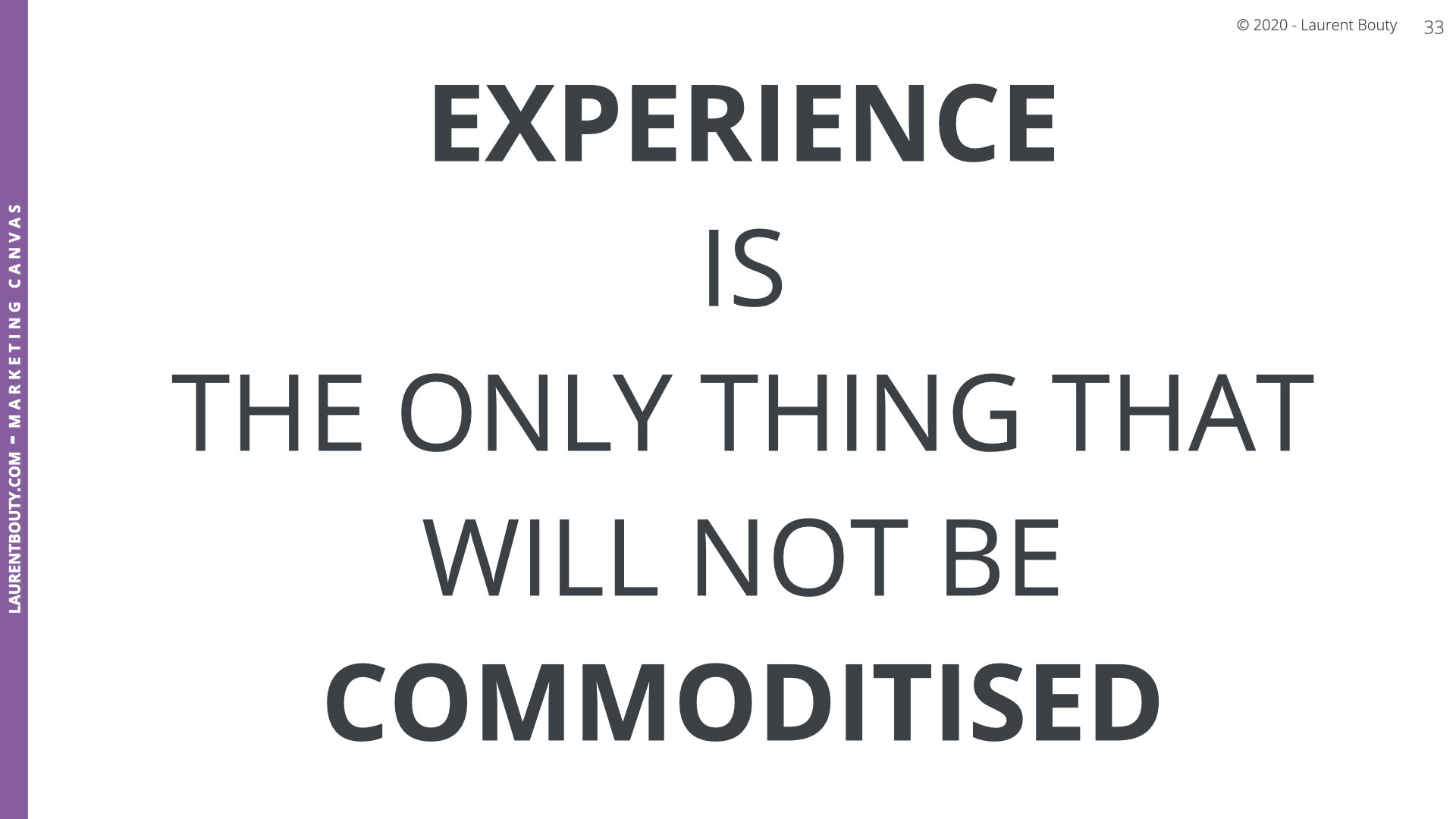
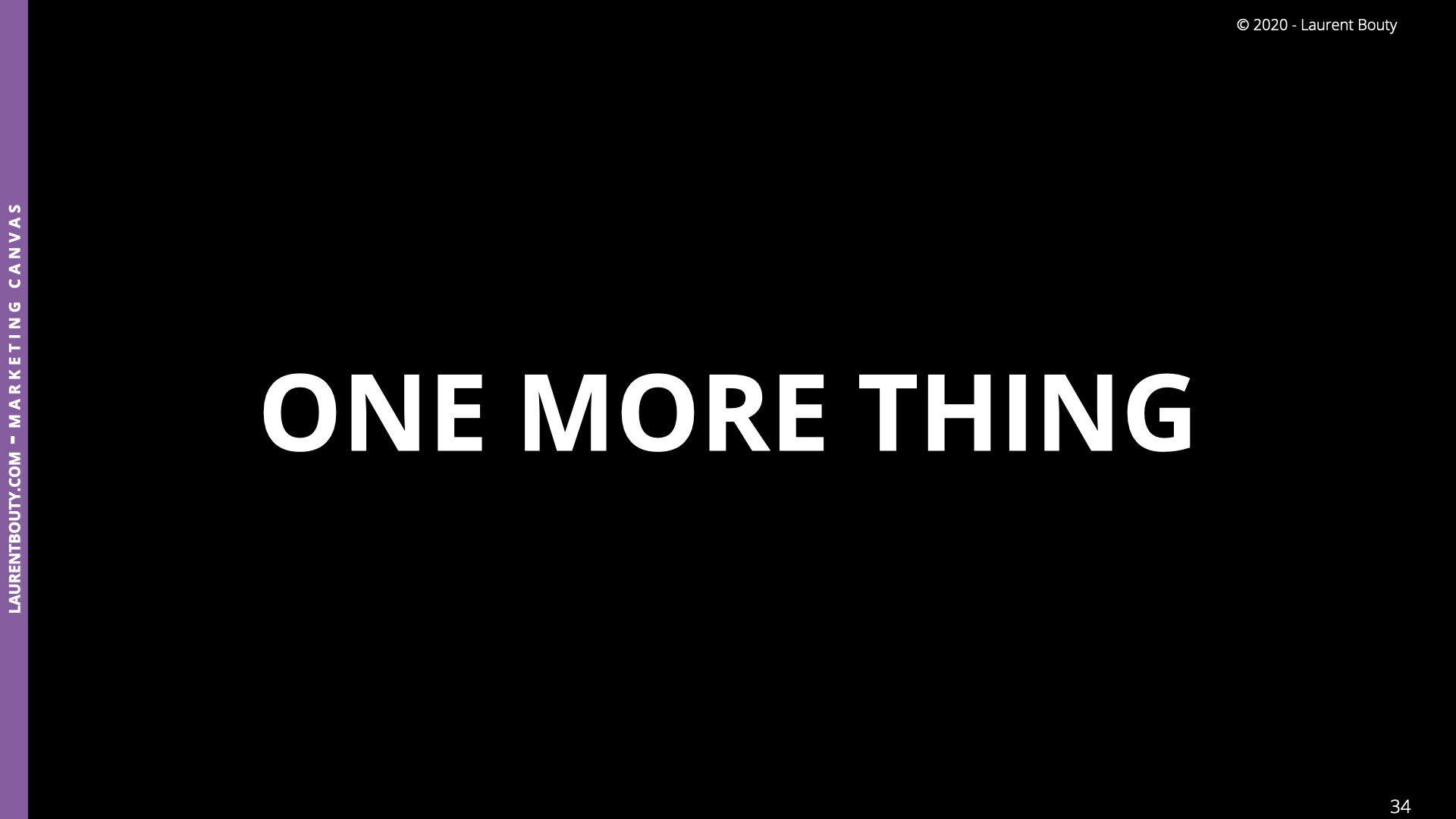
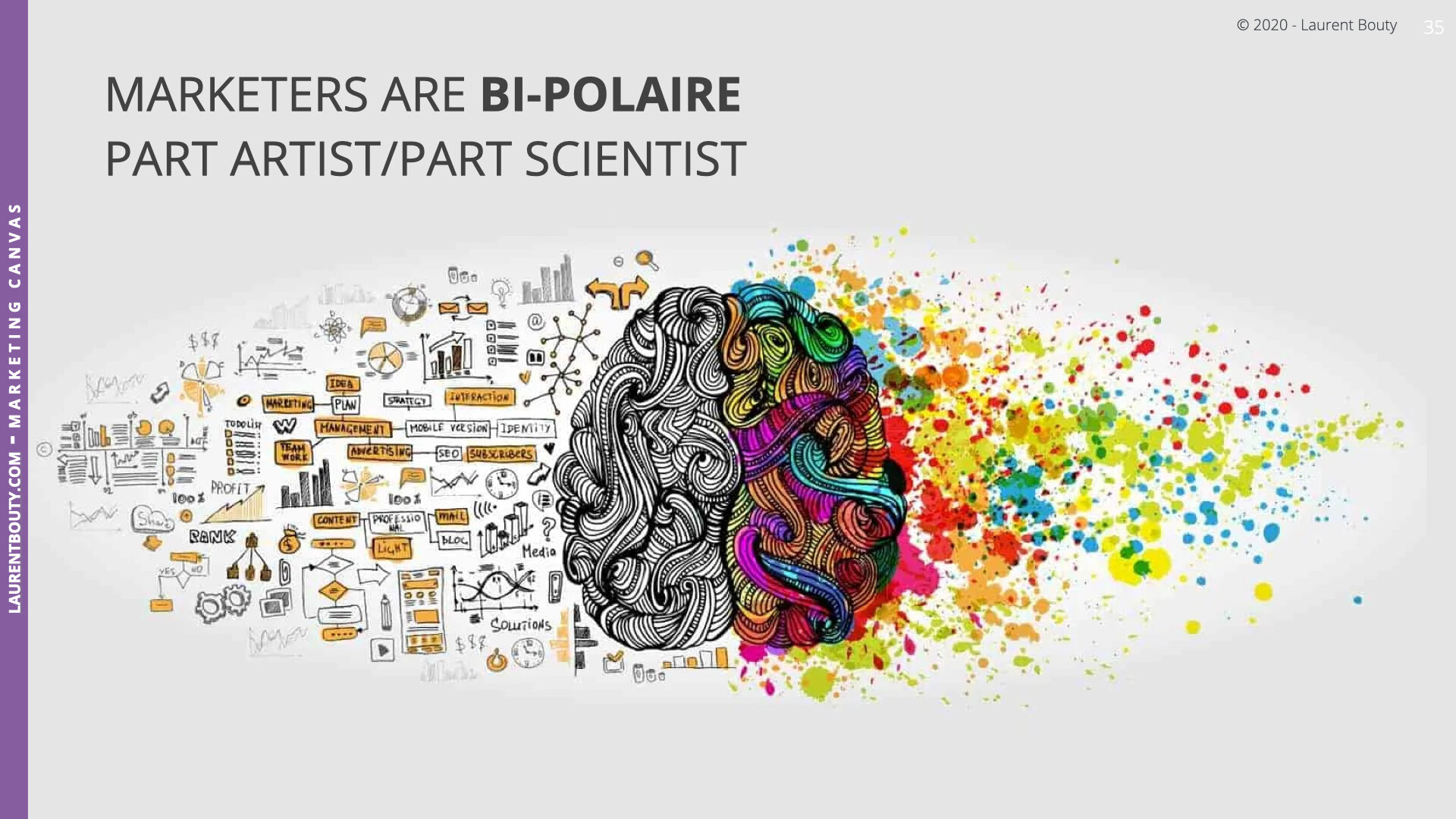
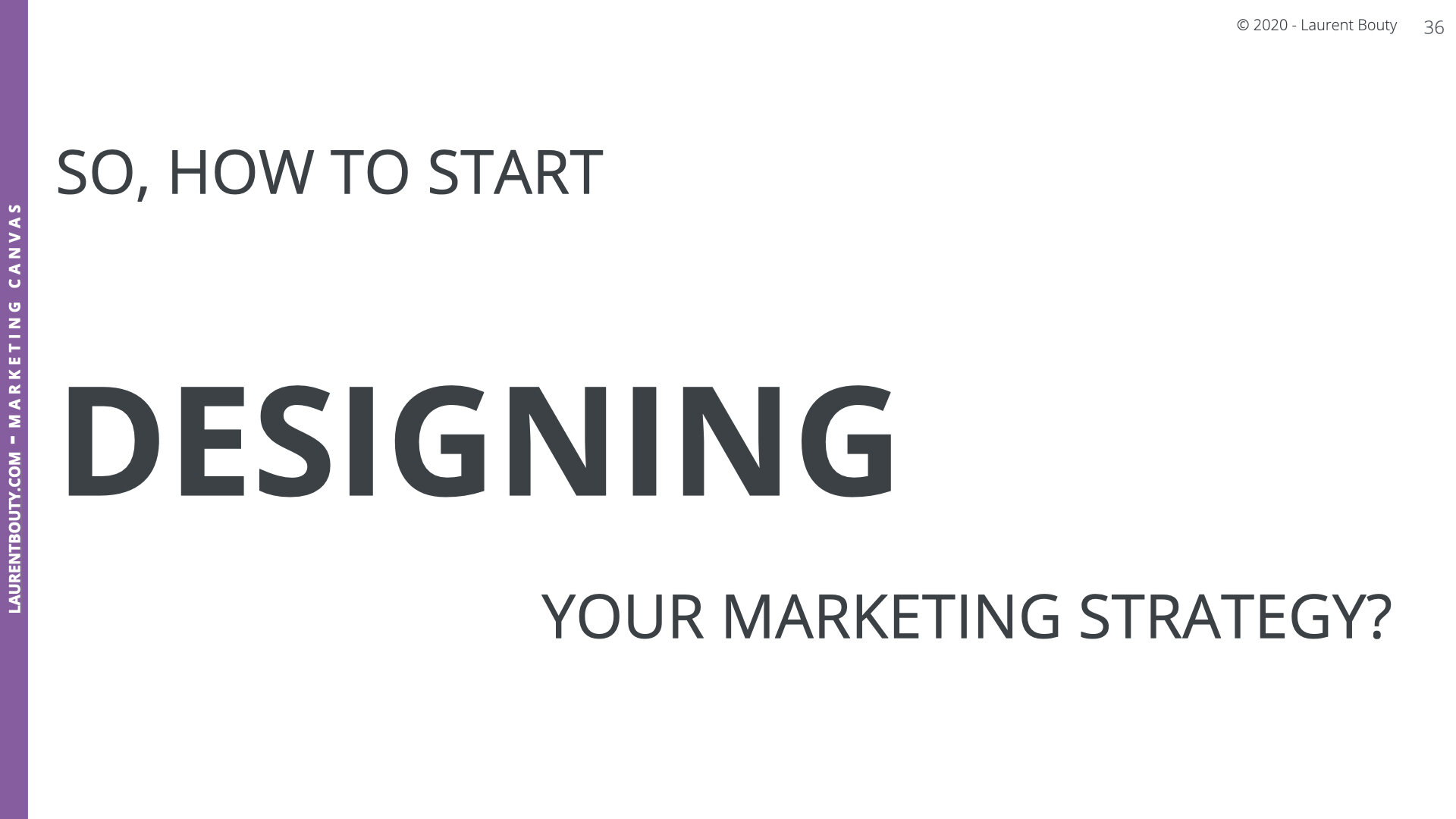
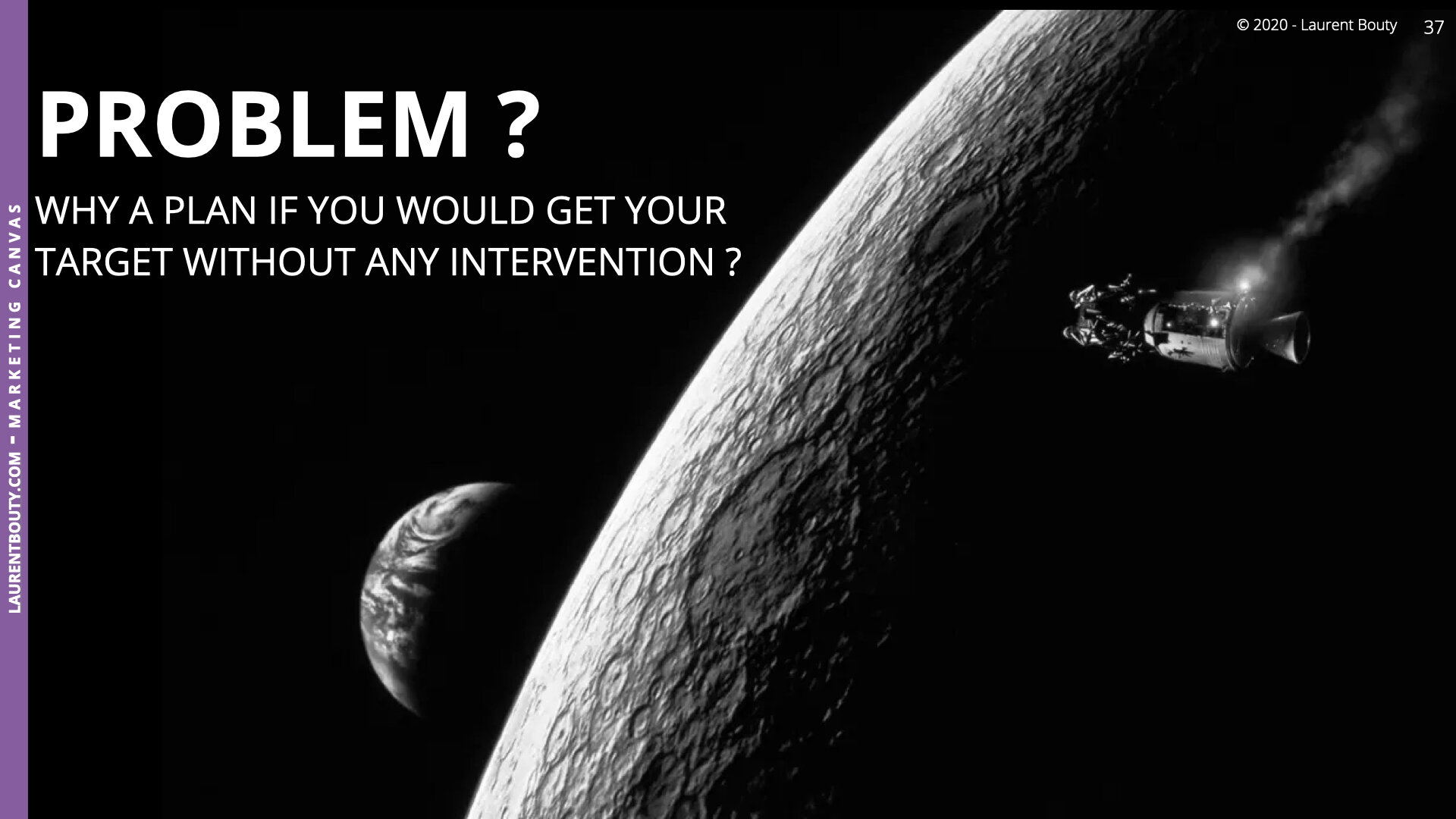
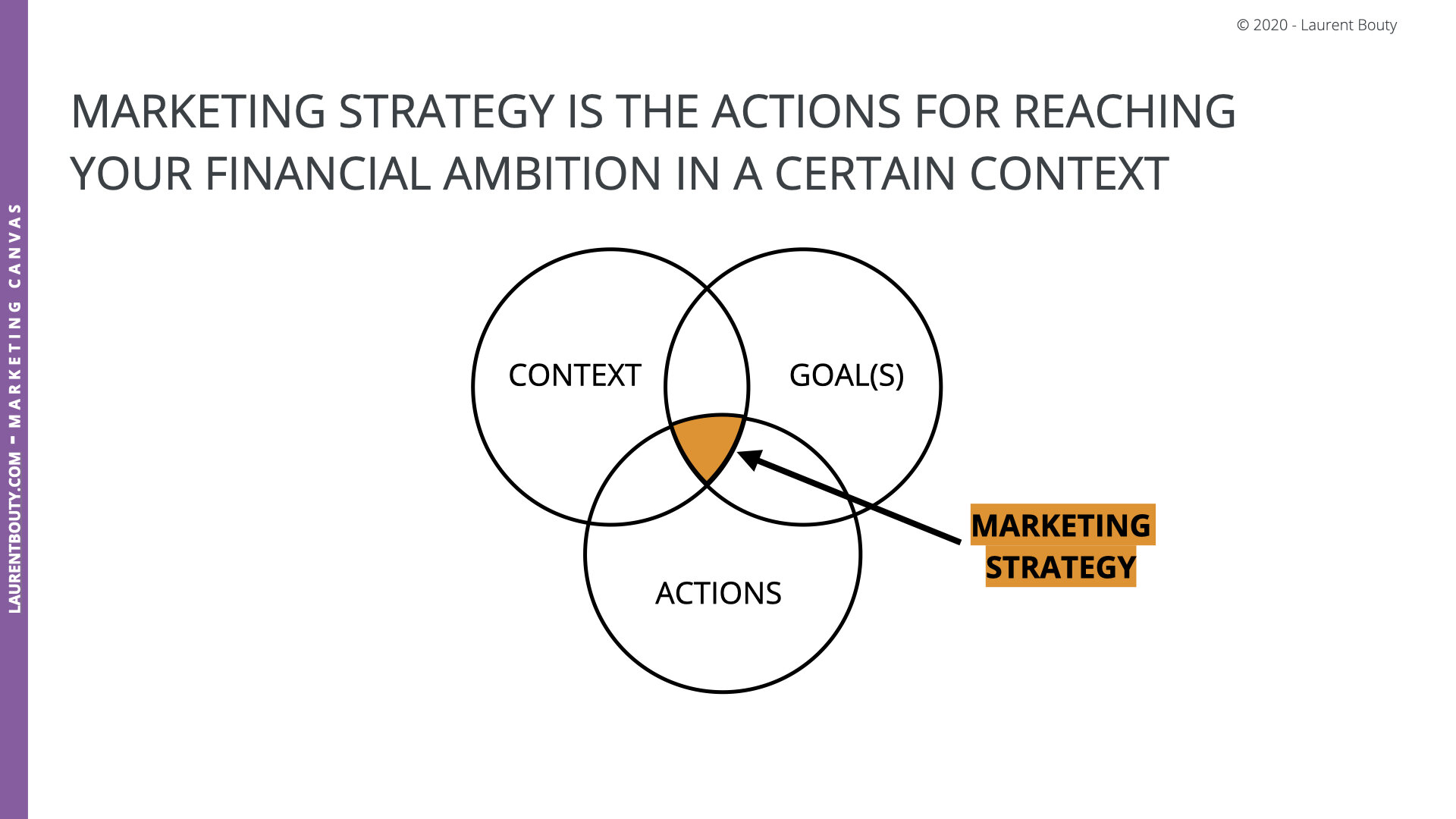
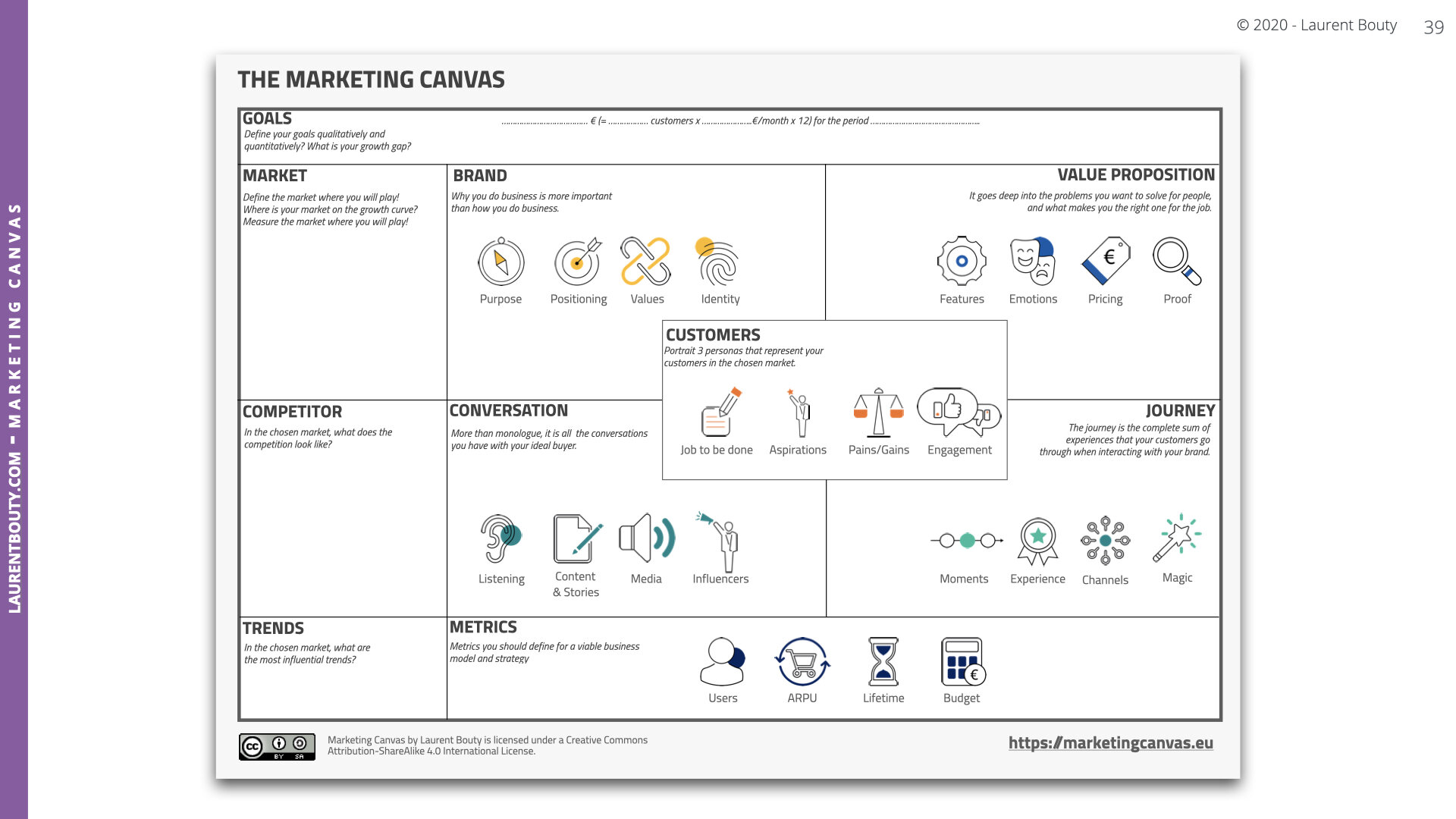
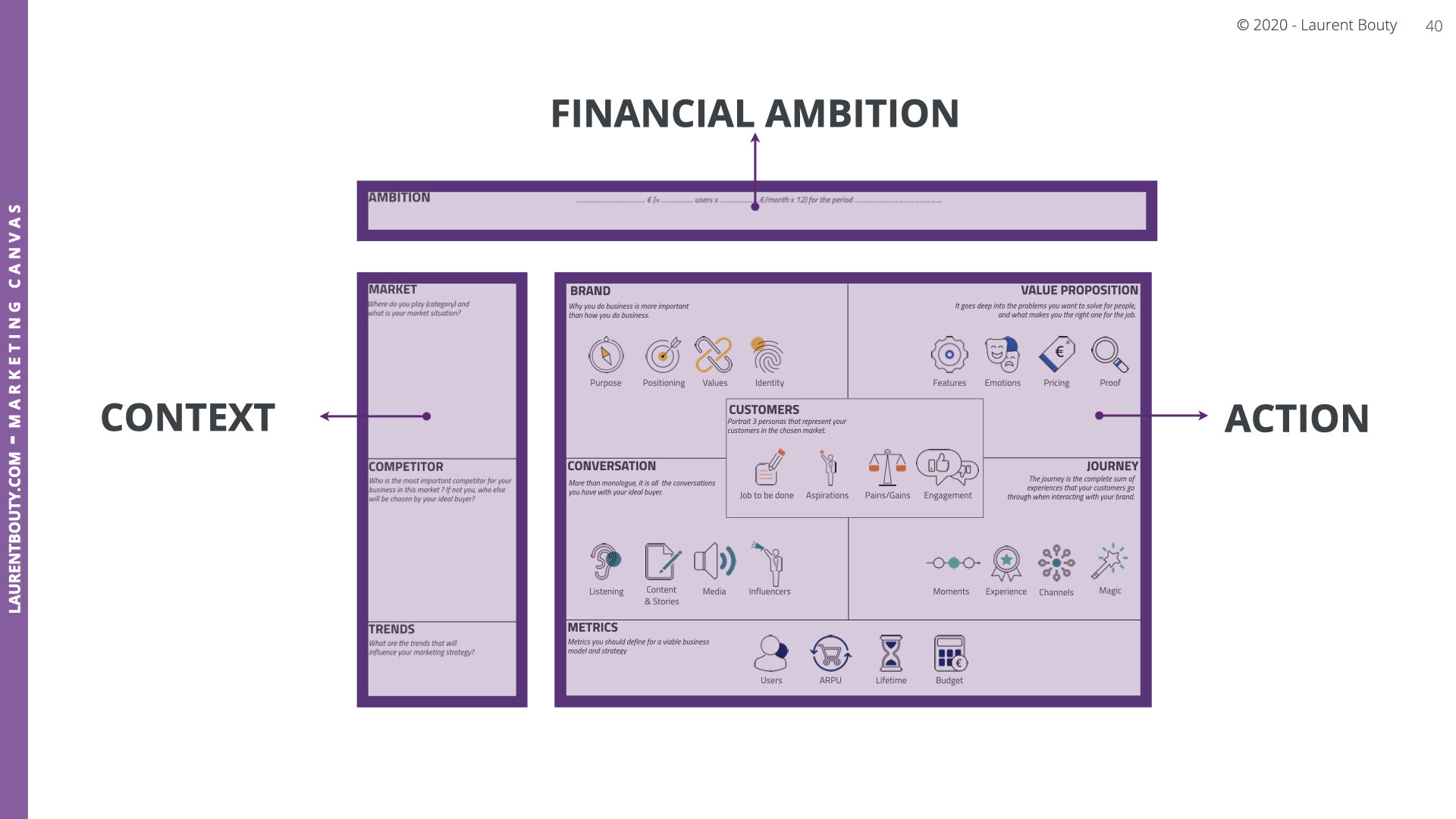
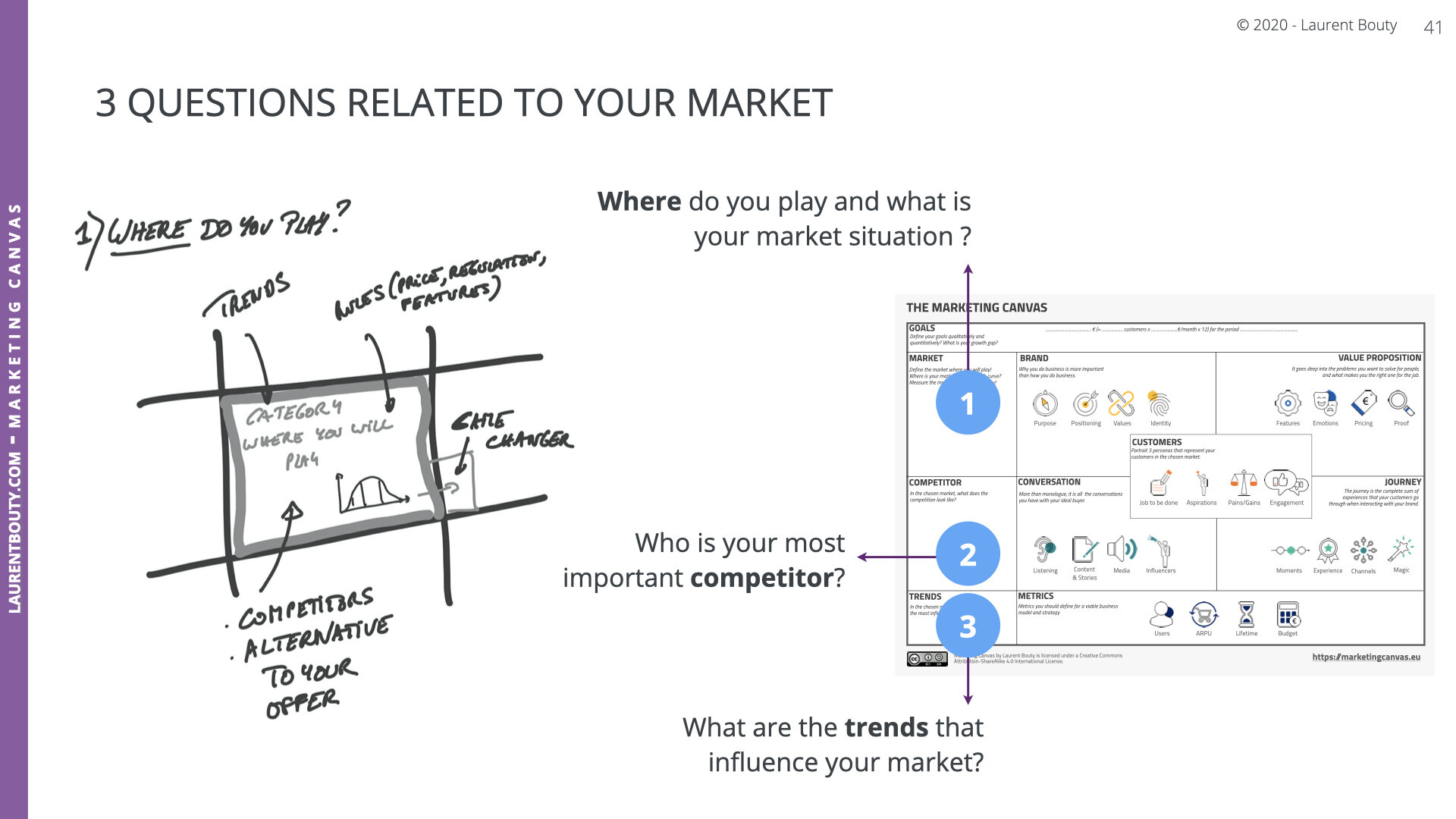
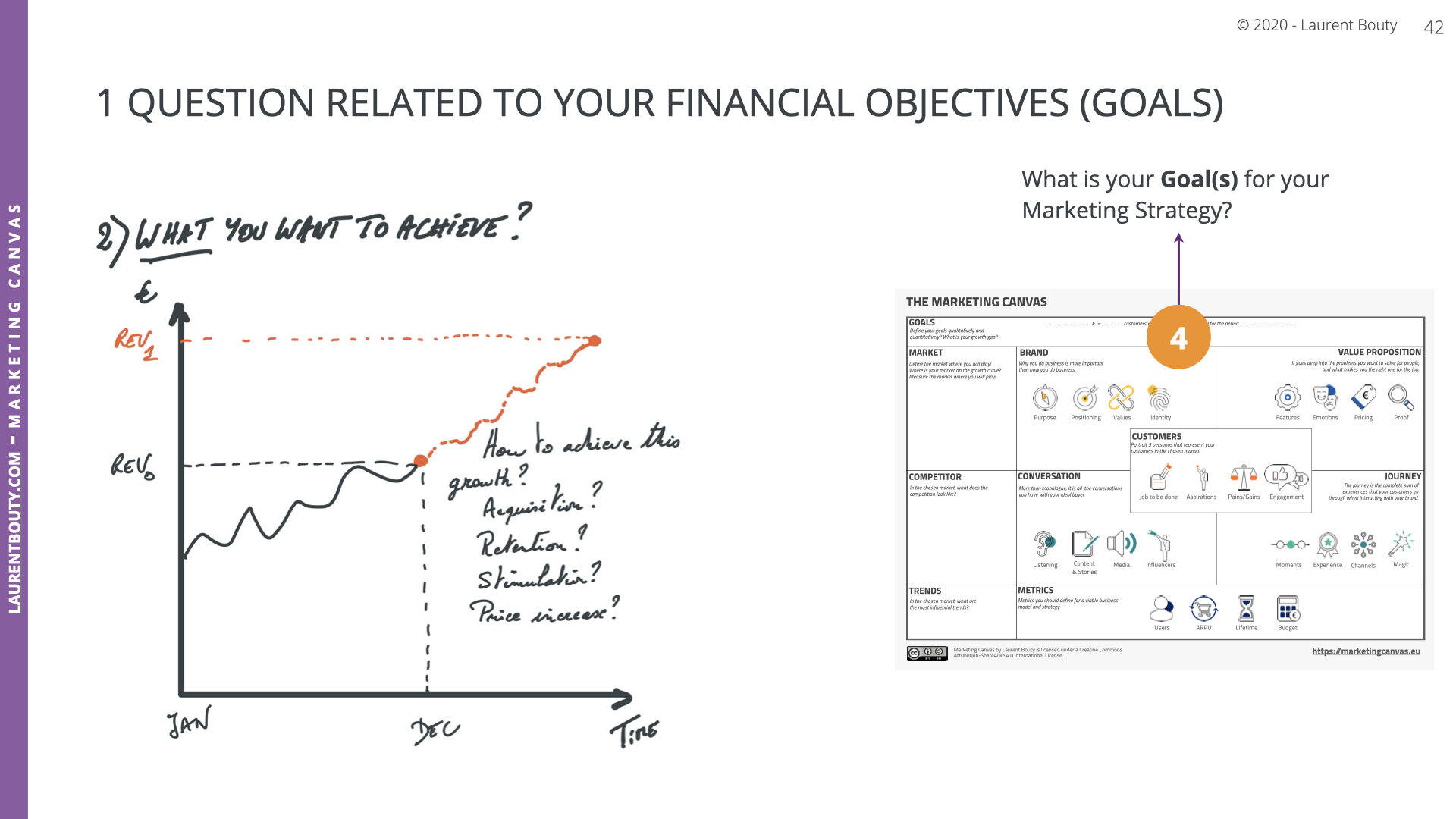
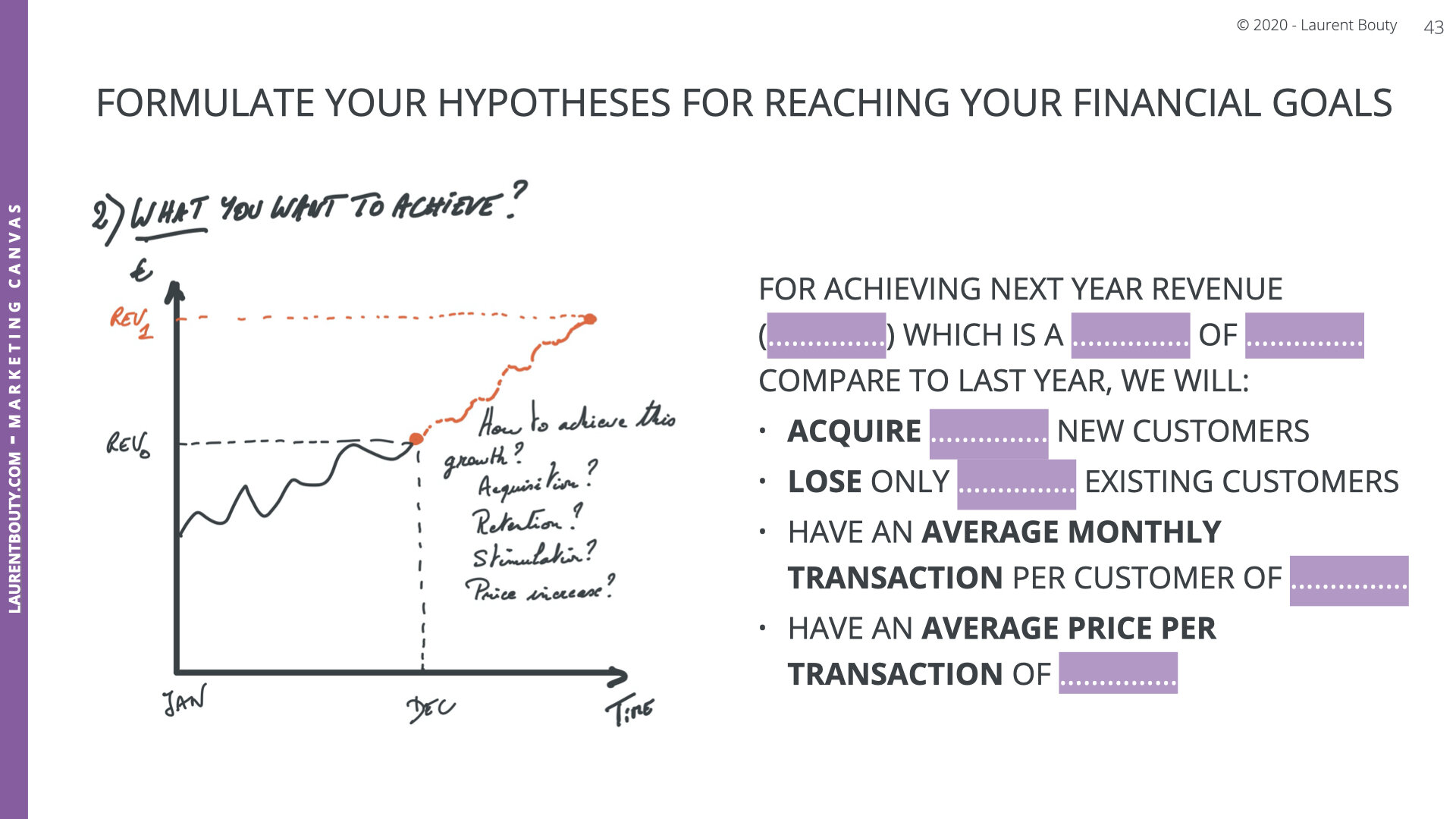
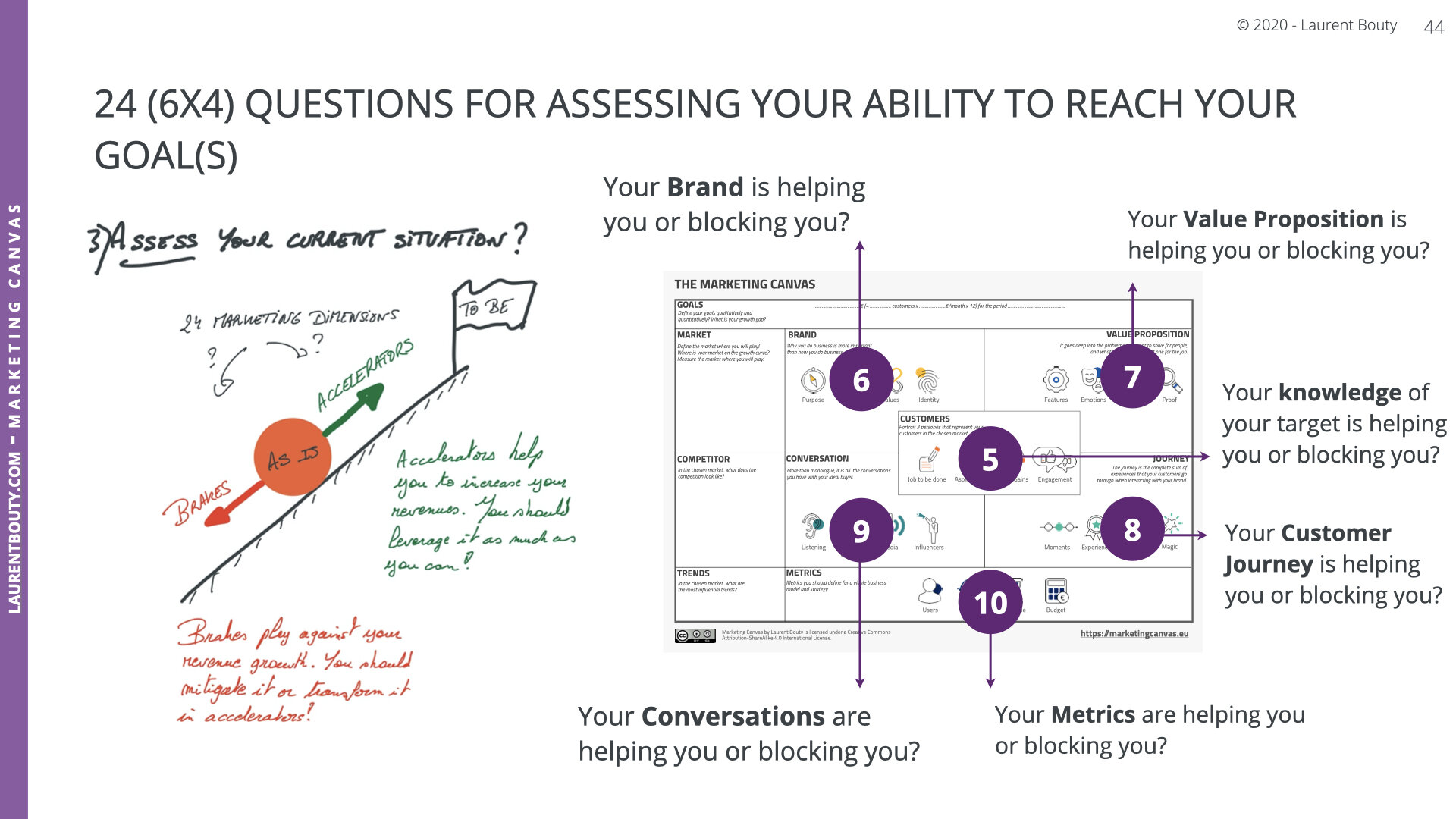
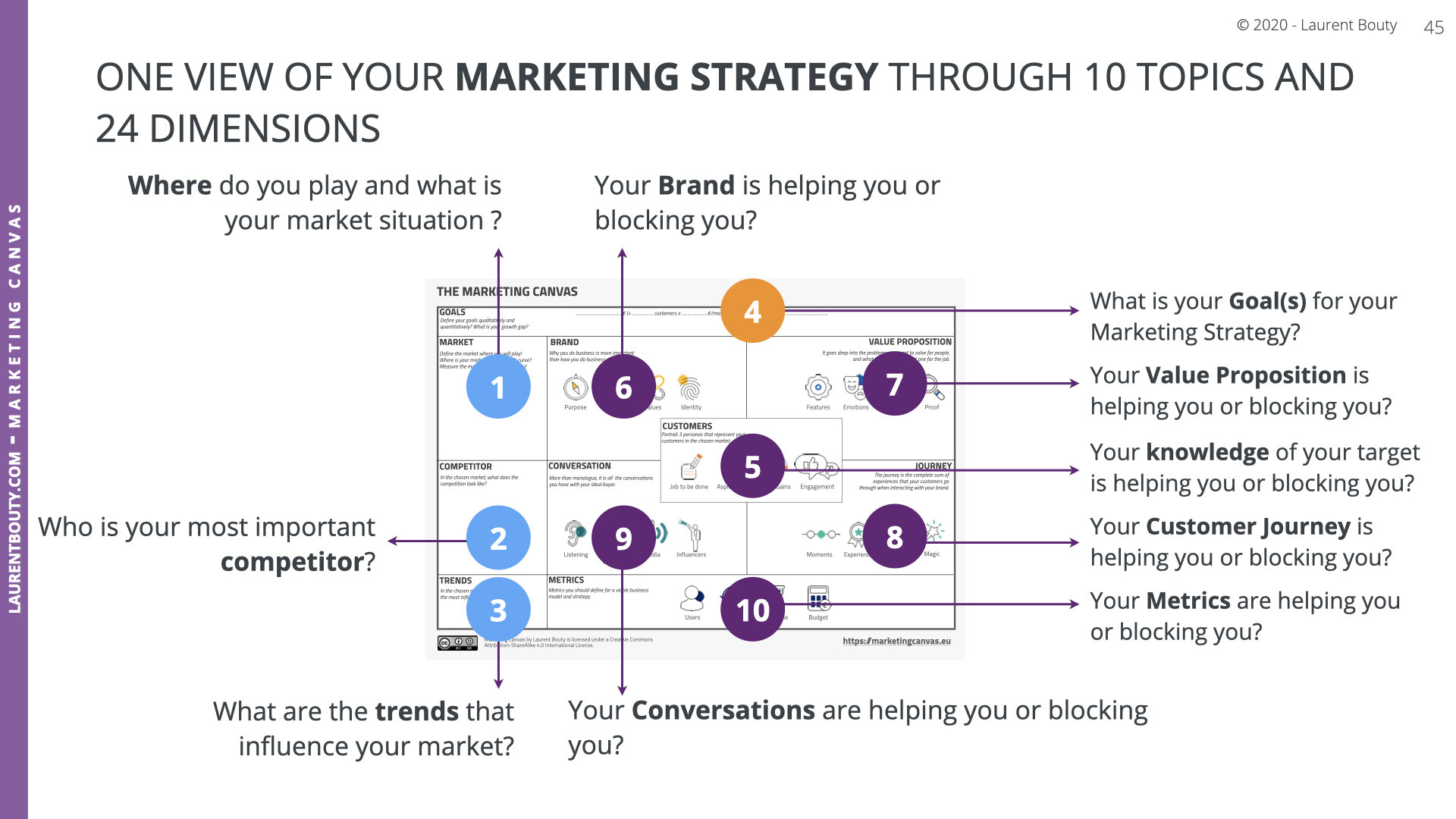
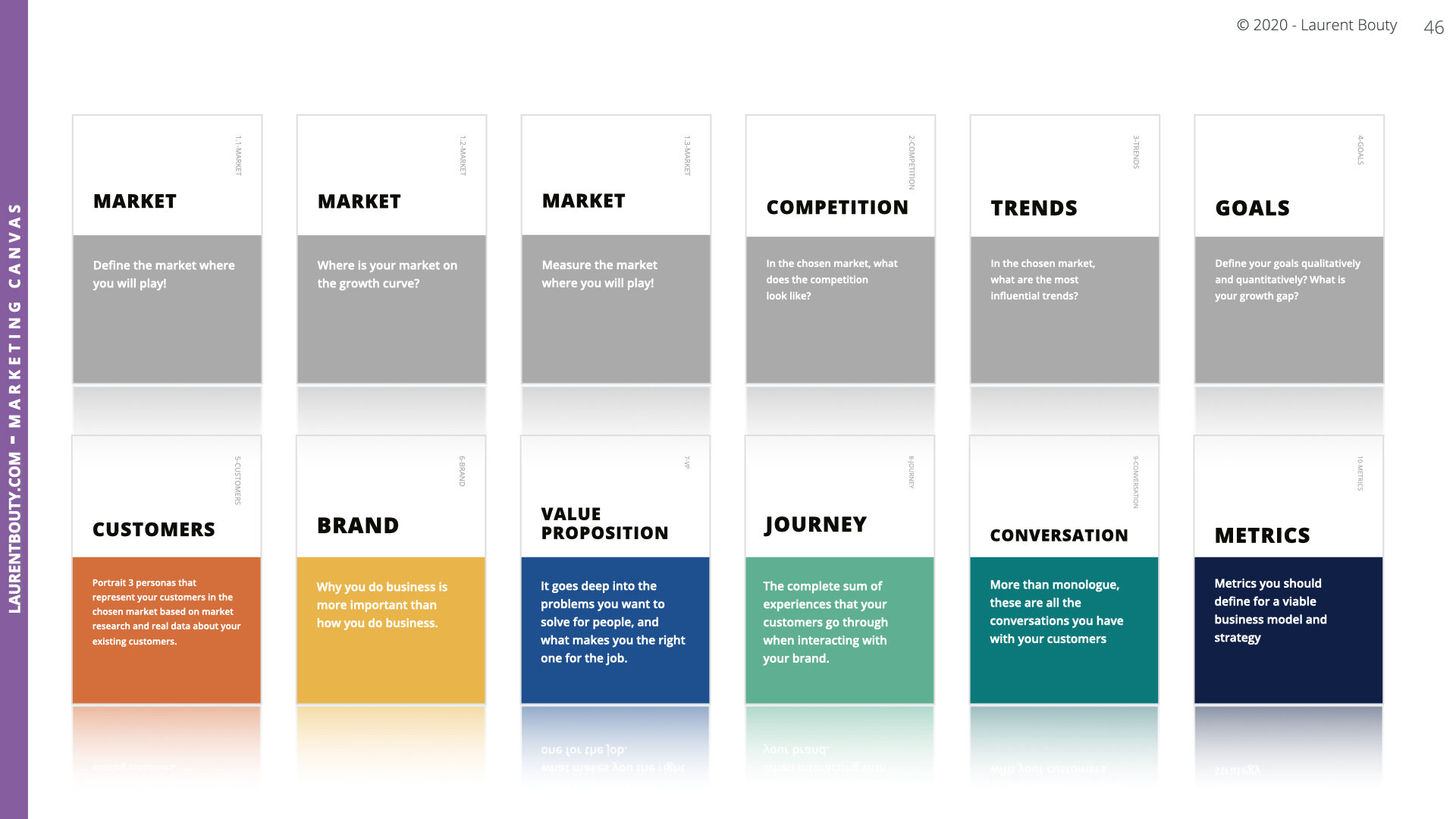
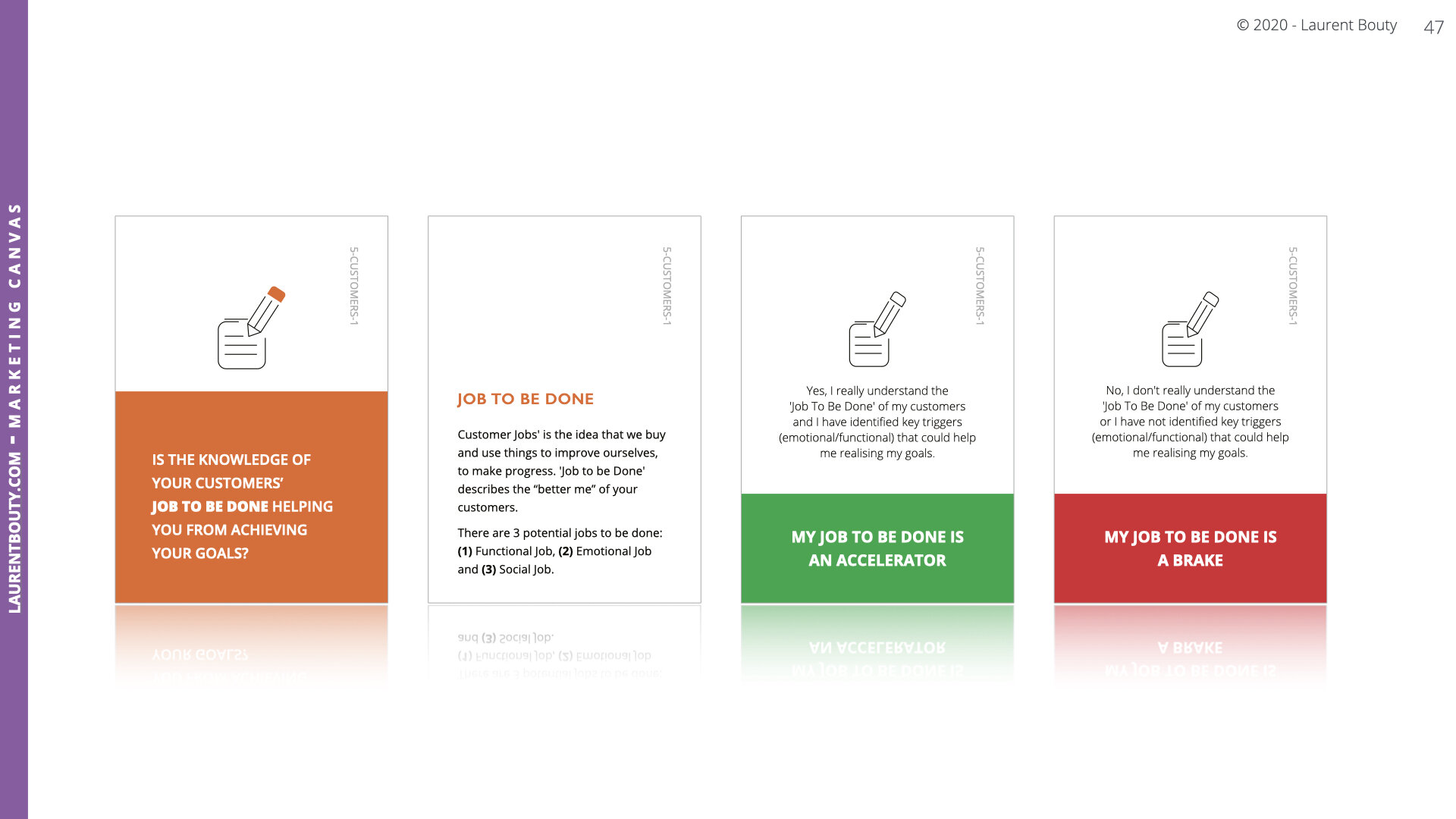
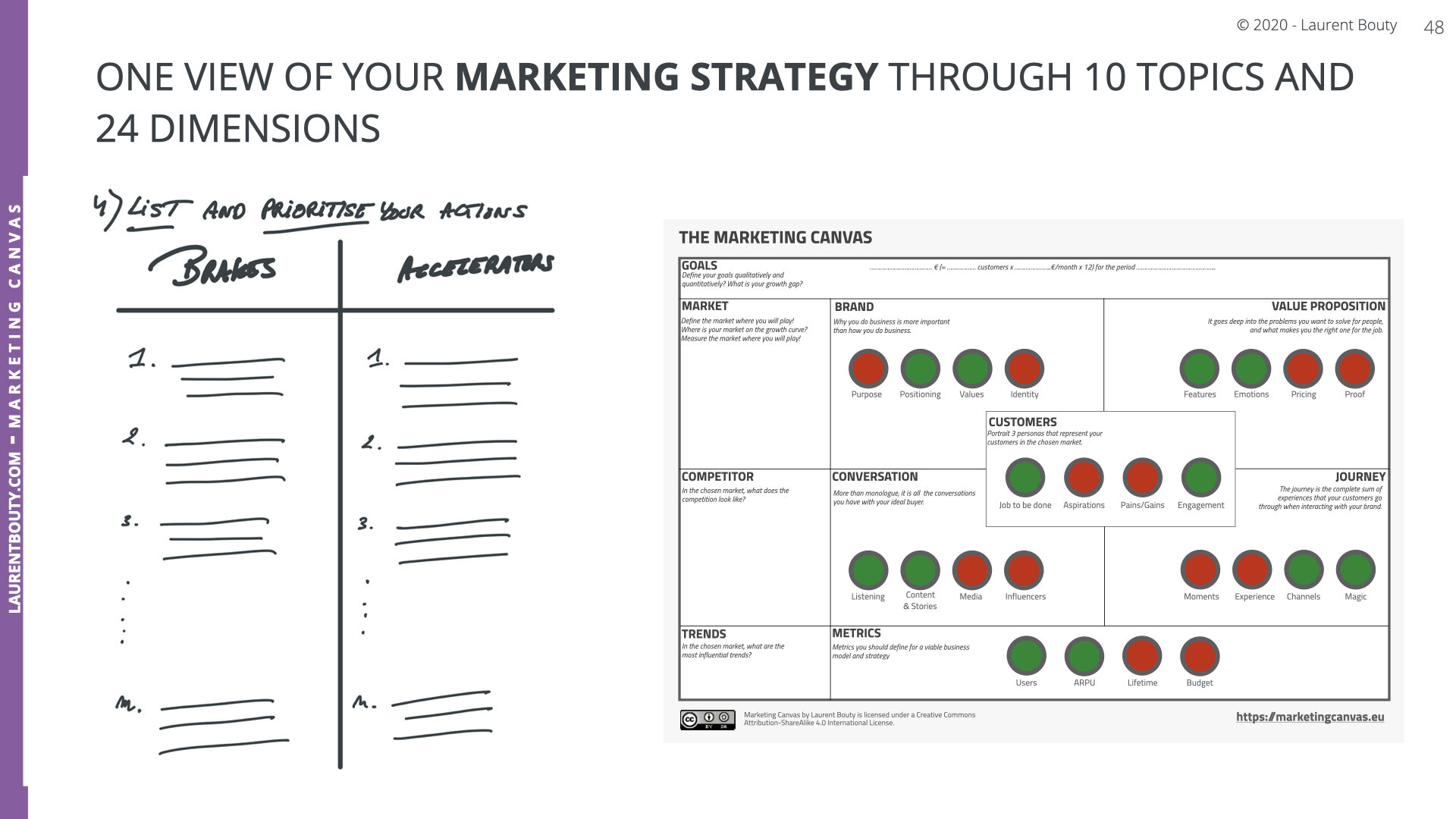
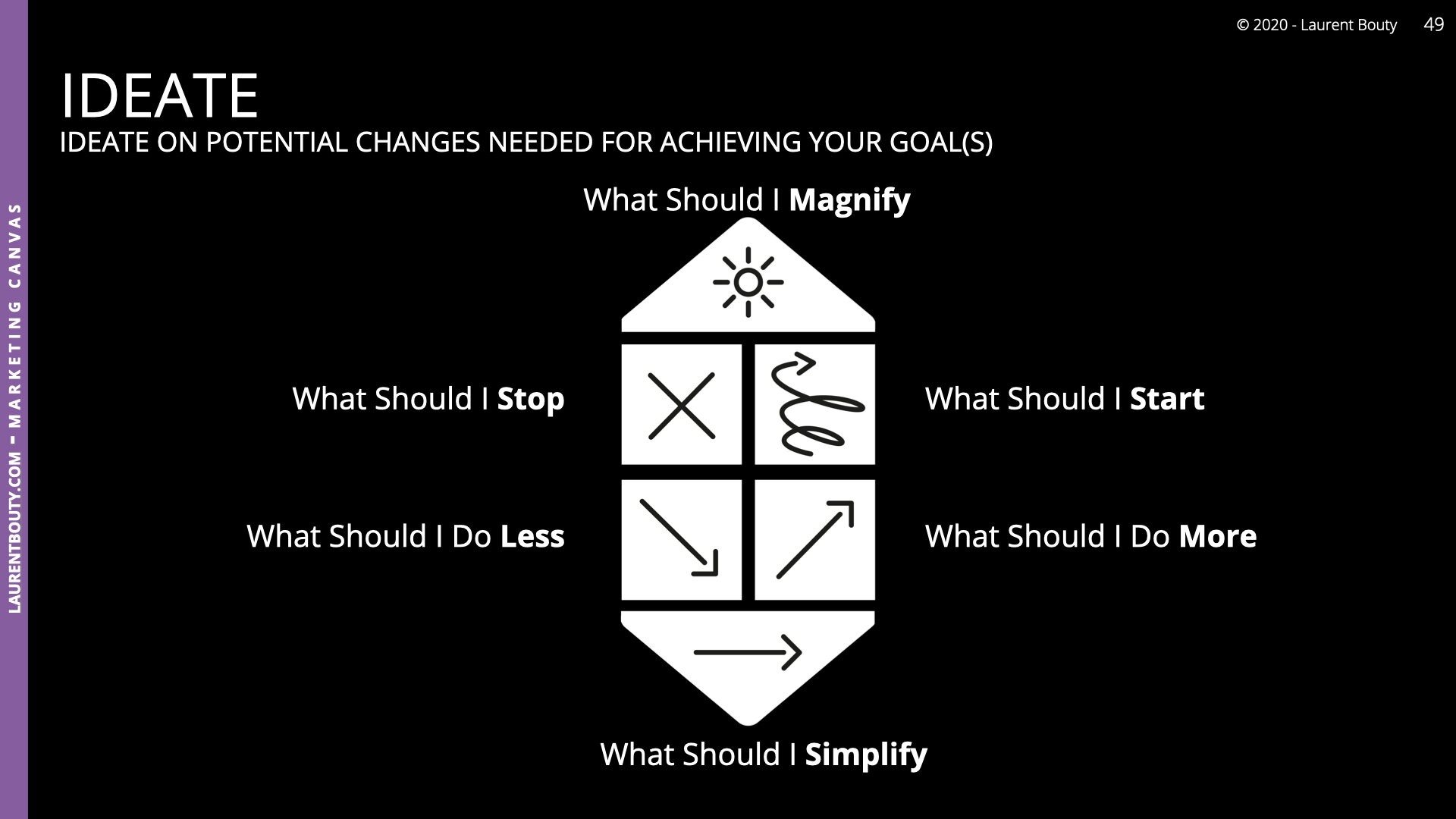
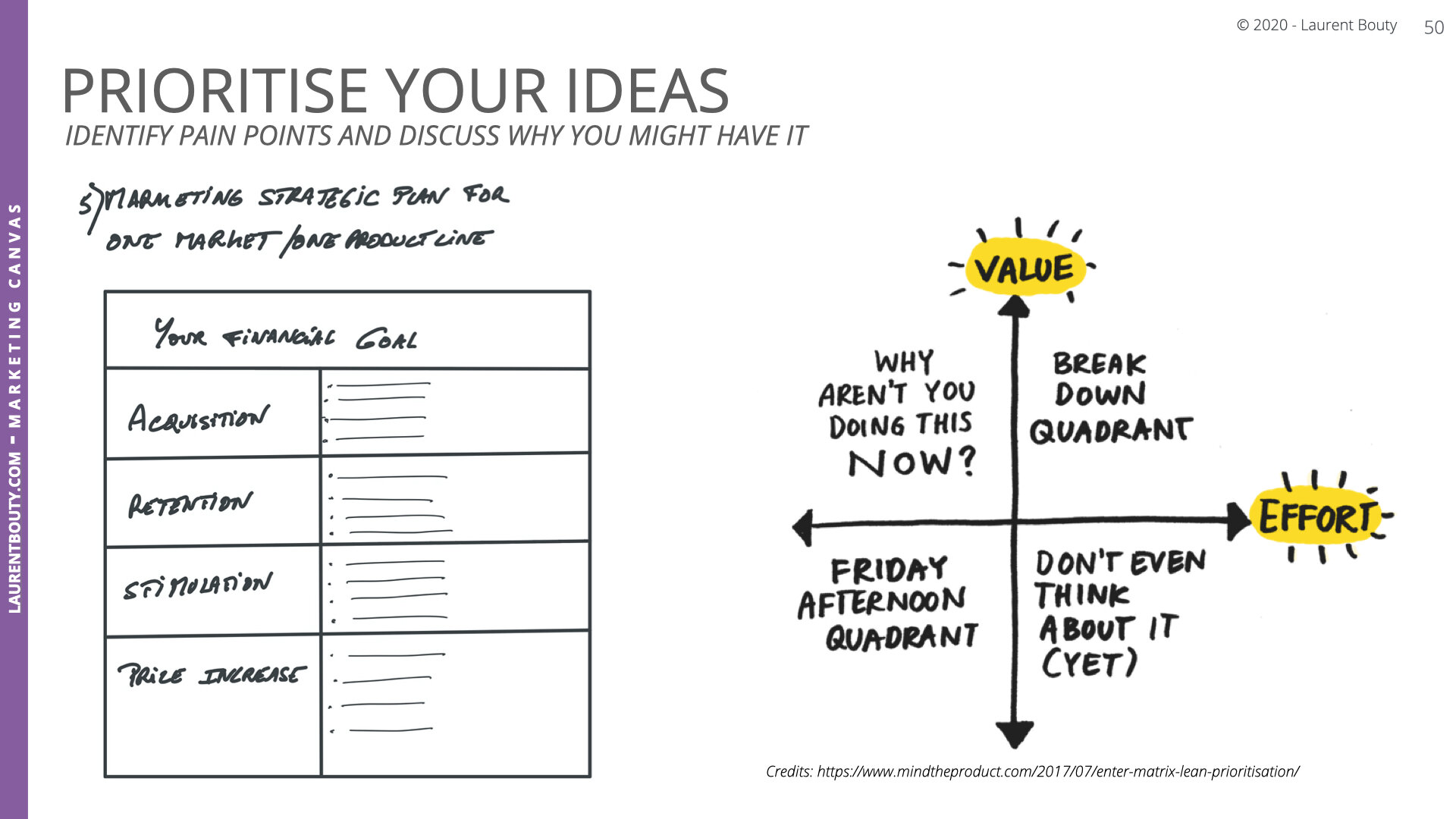
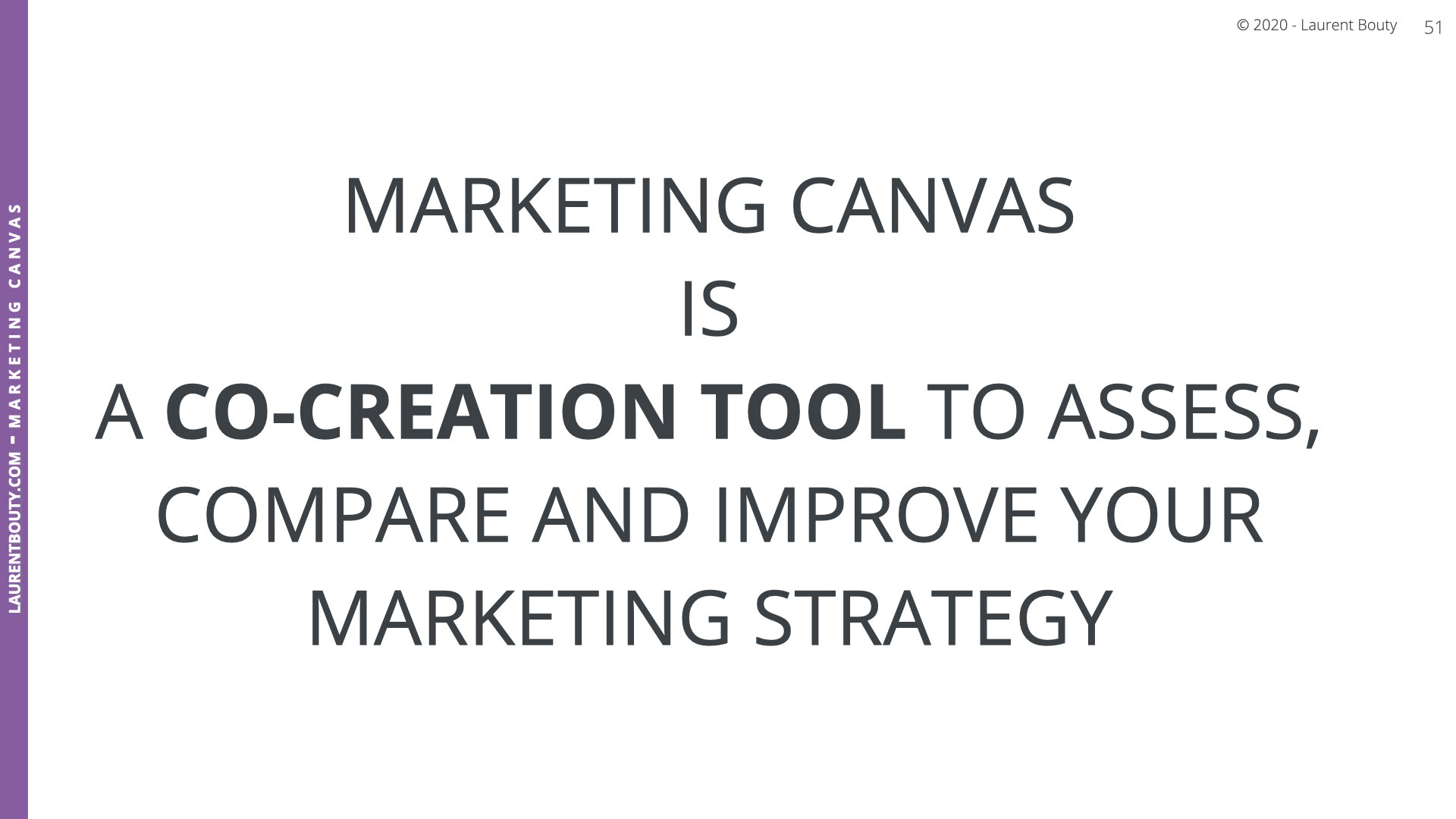

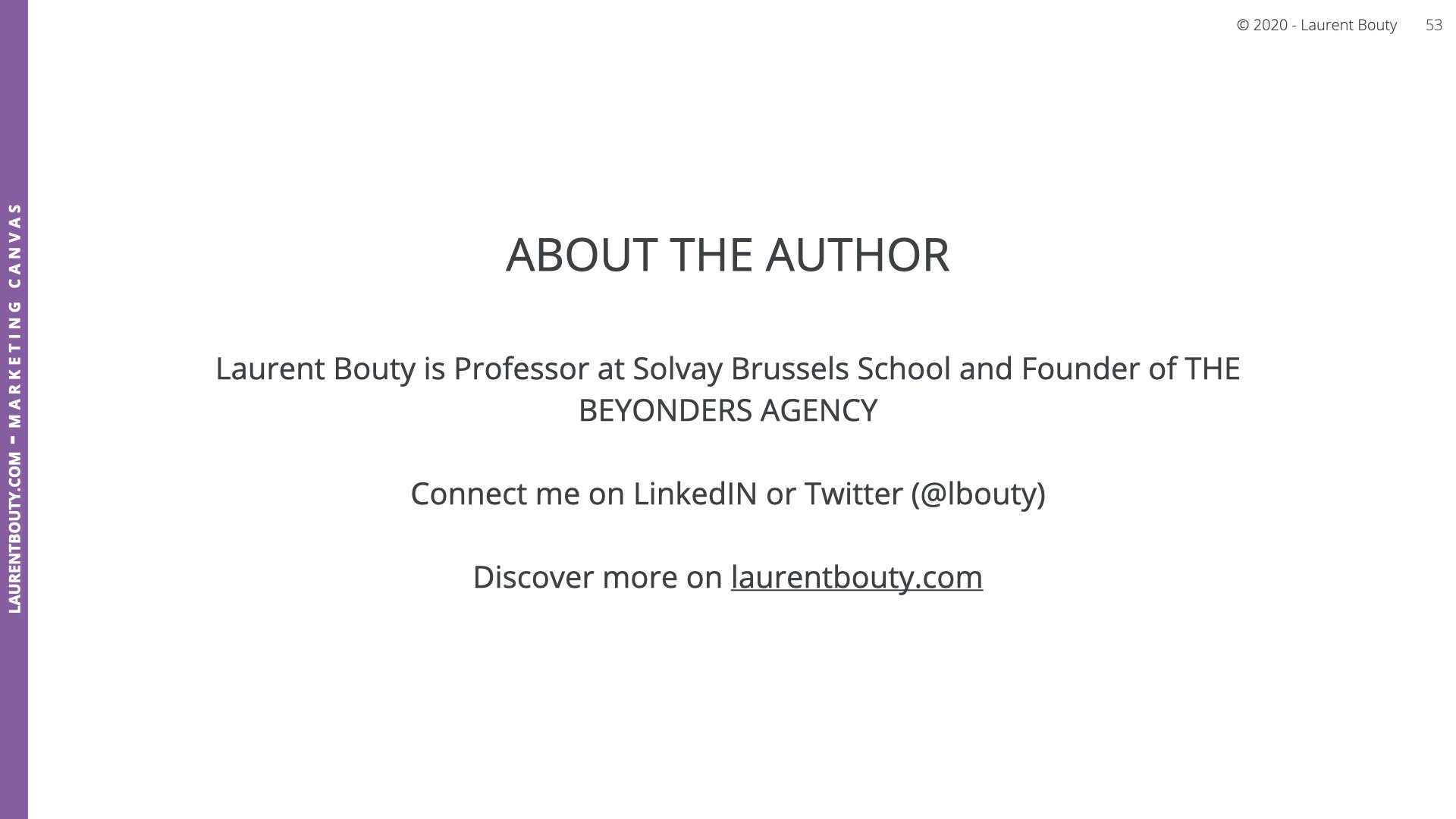
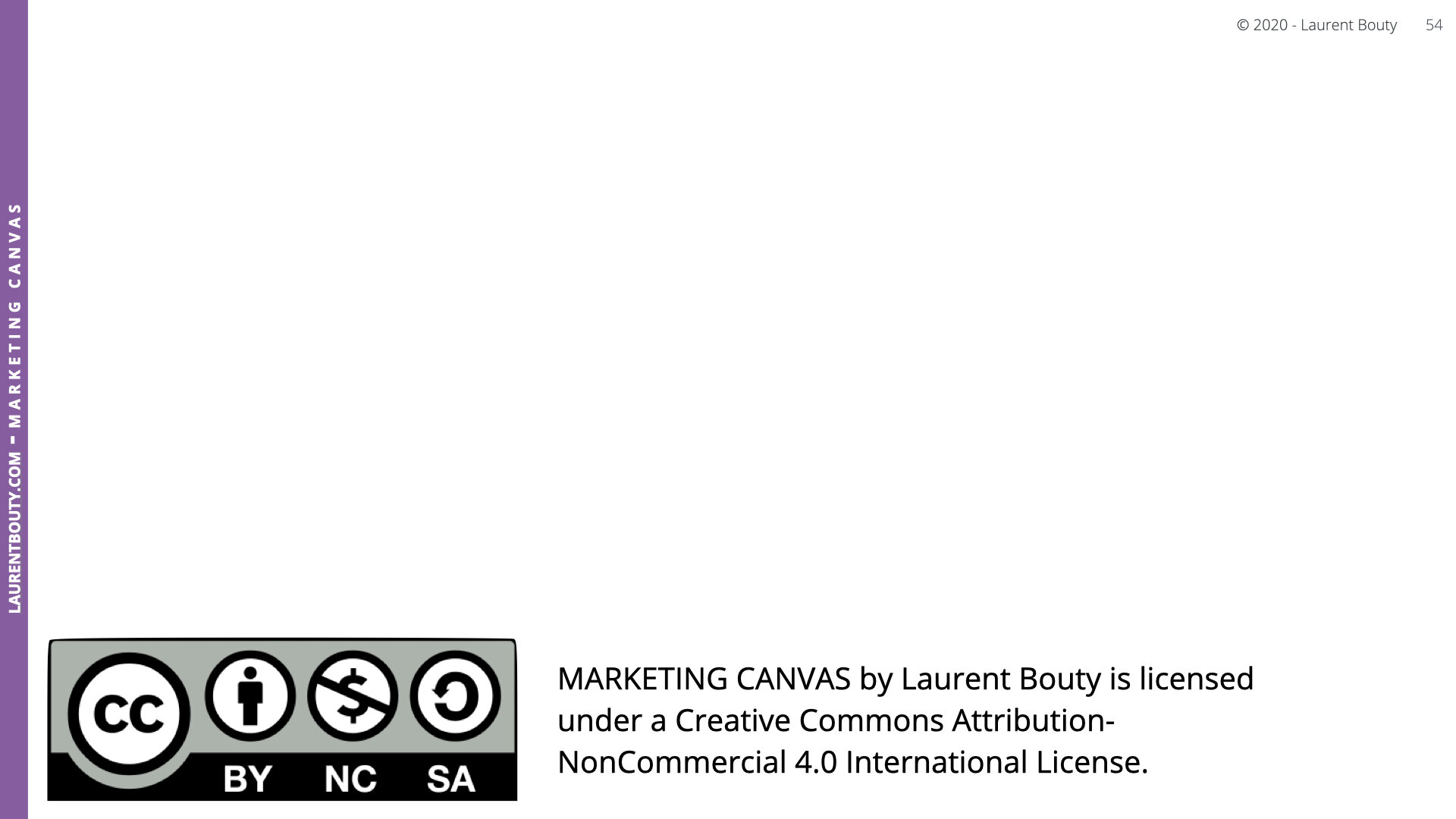
If you want to design the marketing strategy for your business, you should first start to analyse where you will play. What does it mean? It means that your product/service will be associated by consumers/buyers with other alternatives they have on the market (maybe no alternative exists which means that you creating a new category also referred as a blue ocean).
Please find below the slide ware I use when starting my Marketing Master Class.
Discover the importance of a well-structured marketing budget in our comprehensive guide. We delve into the critical role of budgeting within the Marketing Canvas method by Laurent Bouty. Learn how to track and manage marketing expenses, whether you're a multinational corporation or a budding startup. Understand the significance of budgeting in terms of industry benchmarks, and discover strategies to spend wisely. Our guide offers practical tools to translate your budget into action, from understanding your audience to tracking expenses effectively. Moreover, learn to evaluate and improve your budgeting practices with our score-based self-assessment. Lastly, get inspired by a real-life example of green clean use case. Whether you're a marketing novice or an entrepreneur seeking new insights, this article offers an essential exploration of the powerful tool that is your marketing budget.
Interesting article from Roland Berger Consultants about Sales in a Digital World. Their thesis is that you need to master 3 Cs if you want to have a voice in this new world:
Source: Roland Berger, Think Act, The digital future of B2B sales
When you work on your commercial strategy for your startup, you can facilitate this conversation with using the Marketing Canvas (more on the canvas here). Please find below 10 steps you should follow:
What is your goal? Big Idea? Define a question that will clarify your projected future like How can we achieve 1M€ after one year of operation? How can we generate 5% growth next year? How can we differentiate our brand in a digital world where predictive technologies driven by AI will become a standard?
What is the problem you are trying to solve? Clarify the job to be done for your customers.
Who is our buyer and user? Define your persona.
If not you who else? Define the category where you are playing and what are the alternatives for your buyer.
How do you want to be remembered? What people will say about you? Your BRAND
What is your answer to the problem your buyer has? What is your value proposition? Do you have USP, ESP, Clear Pricing and Proofs?
What experience people will have with you? Will it generate sales and engagement? JOURNEY
How do you discuss with your buyer? Do you have conversations? Do you listen? Do you have content, stories, influencers? Which media do you use?
Does it make any financial sense? What is your Marketing Budget and Revenue?
If you don't think it all works, iterate one more time
As a startup, you should define your strategic hypothesis. It is slightly different than an existing business because you are starting from a white page.
Define your key customer target (JTBD, ASPIRATION, PAINS & GAINS). As you are starting your business, you have no information on ENGAGEMENT.
Define your Brand strategy (PURPOSE and POSITIONING) and explain how you will differentiate your brand versus competitors. Explain what could be the VALUES of this brand and your IDENTITY strategy.
Define your Value Proposition (FEATURES, EMOTIONS and PRICING). Describe core, differentiated and unique features/emotions to support your Brand Strategy, matching your customer target and helping you to achieve your financial objectives. Do you have any PROOFS supporting your value proposition?
Define your go to market approach and more specifically: Describe funnel journey (pre and post purchase) for your go to market: MOMENTS, EXPERIENCE, CHANNEL and MAGIC. Don't forget to align this with your brand strategy.
Describe your conversation strategy for your go to market. LISTENING, CONTENT, MEDIA and INFLUENCERS if any.
Define your hypothesis in terms of metrics for your business: ACQUISITION (speed of acquisition), ARPU (average spending for each customer on the 12 months), LIFETIME (your churn assumption) and BUDGET (amount of € needed for supporting your strategy).
Use the canvas and answer to these questions using all dimension while asking the same question:
Will my .... help me to achieve my goal?
RED: Not at all; GREEN: Definitely
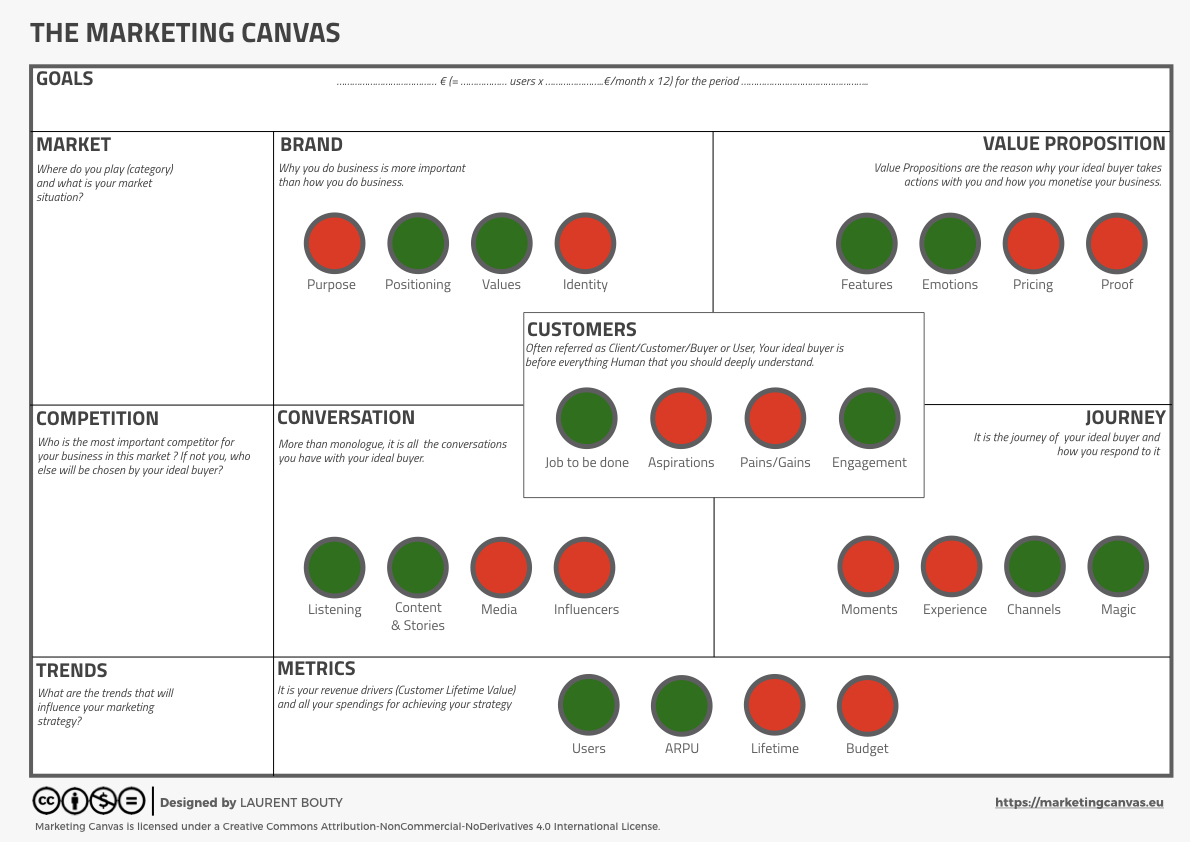
Visualise your Commercial Strategy on Marketing Canvas
RED dimension must be reviewed or mitigated because that are not helping you to achieve your goal.
Interested in the Marketing Canvas, you can find more information here.
Startup Failure Rate Statistics To Take In [2020] - https://hustlelife.net/startup-failure-rate-statistics/
Steve Blank - Startup Tools - https://steveblank.com/tools-and-blogs-for-entrepreneurs/
The tool has been designed for facilitating the discussion when designing your strategy.
High-level process is:

Infographic Marketing Canvas
If you want to design the marketing strategy for your business, you should first start to analyse where you will play. What does it mean? It means that your product/service will be associated by consumers/buyers with other alternatives they have on the market (maybe no alternative exists which means that you creating a new category also referred as a blue ocean).